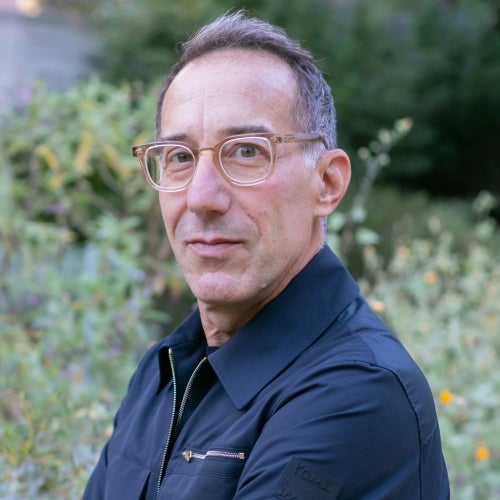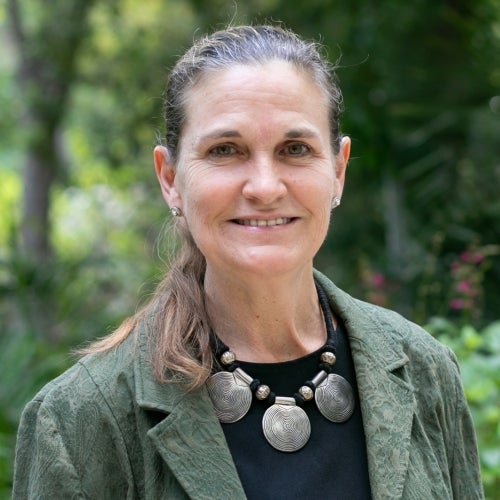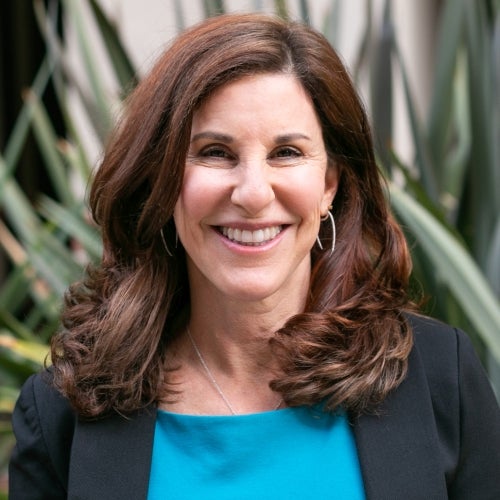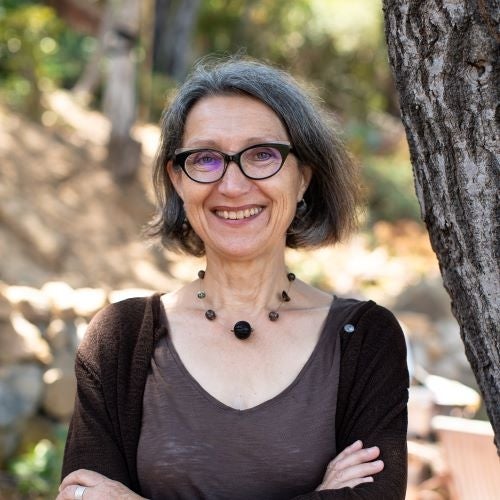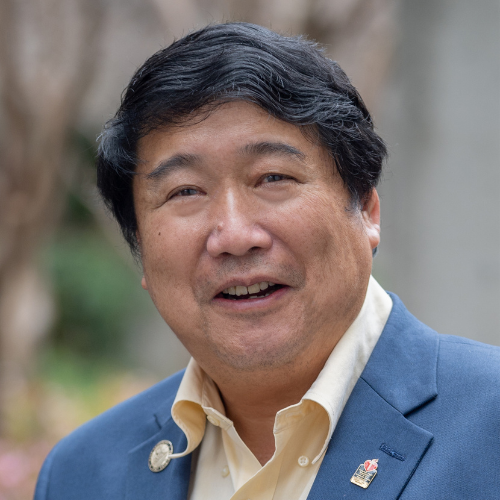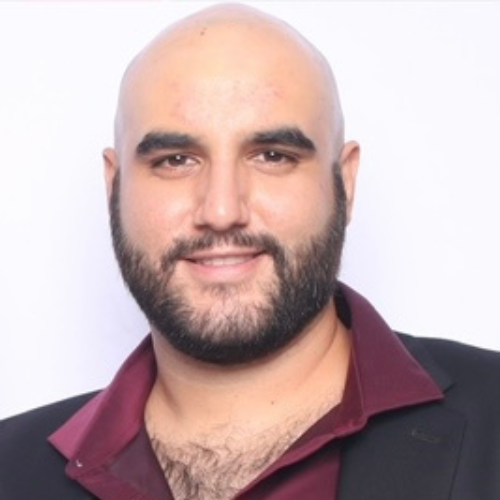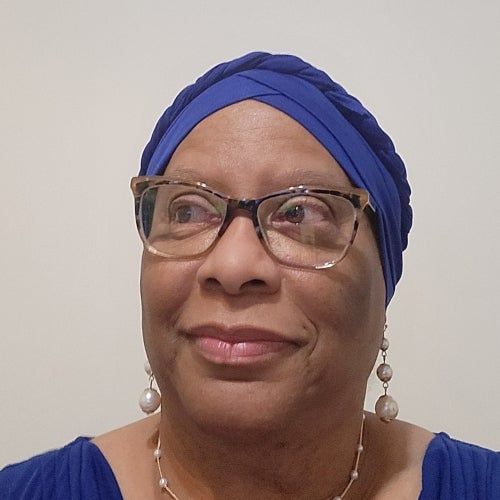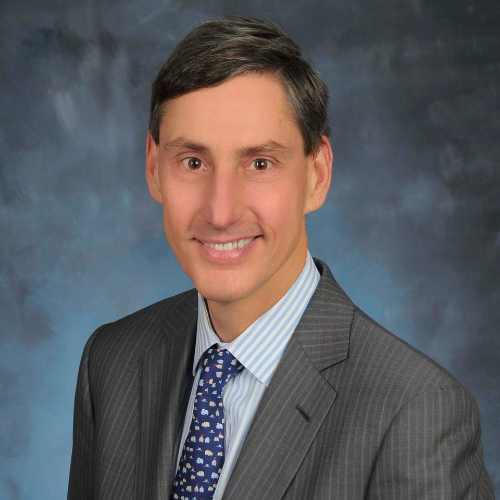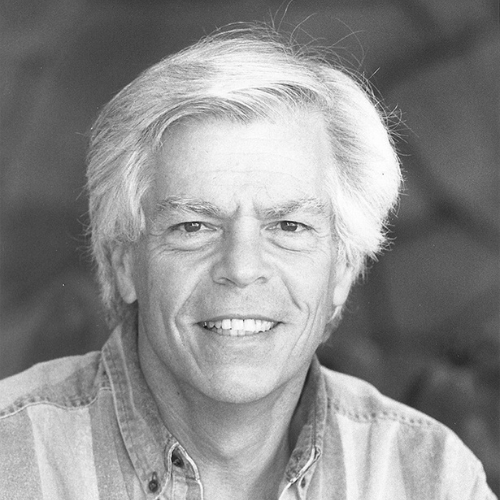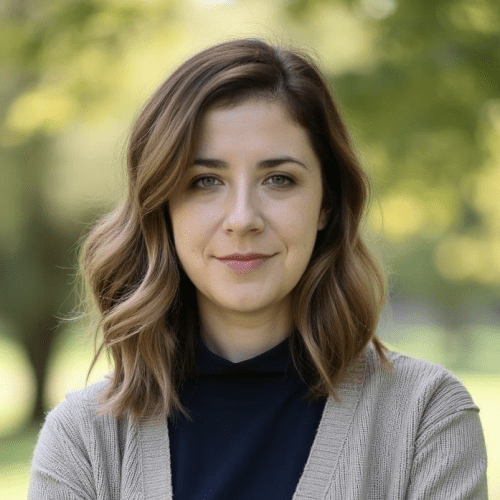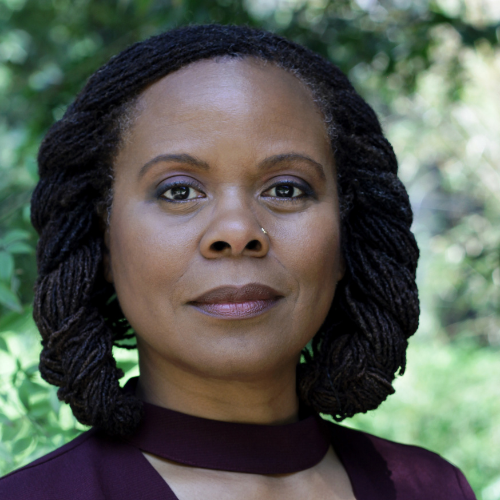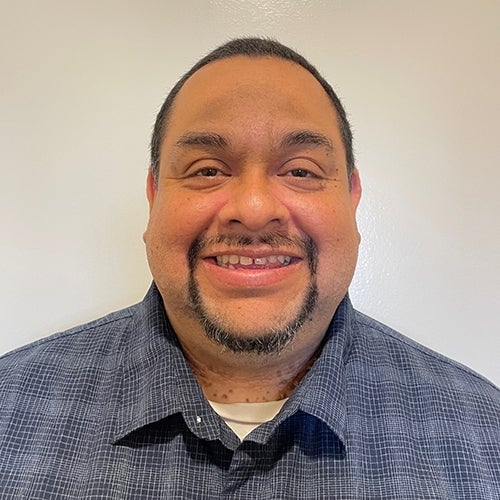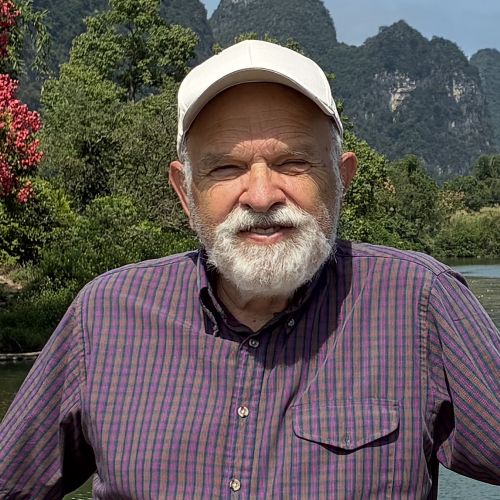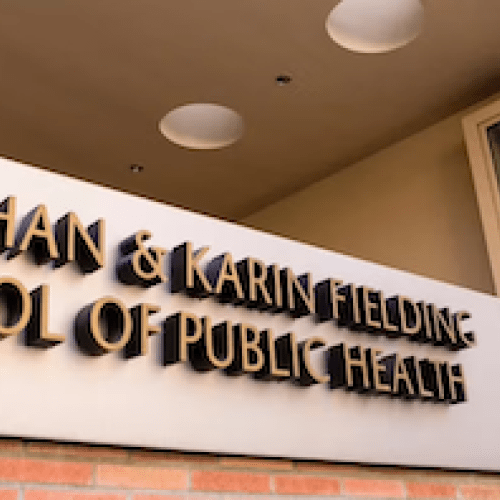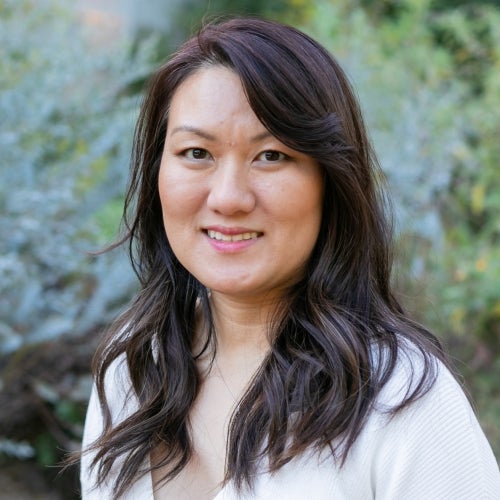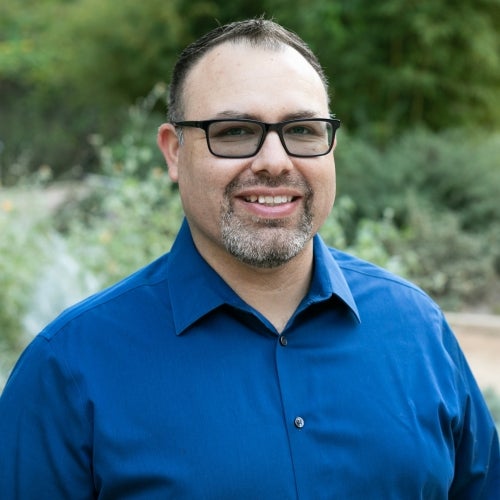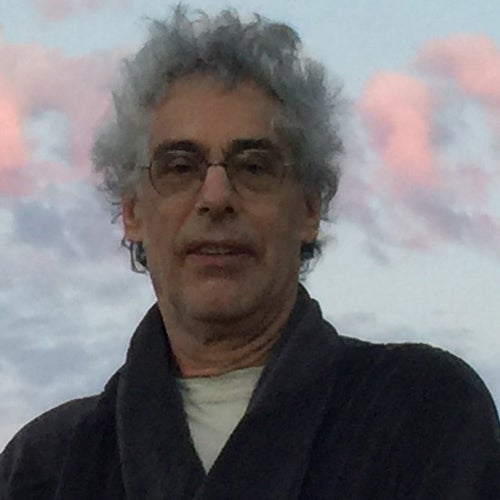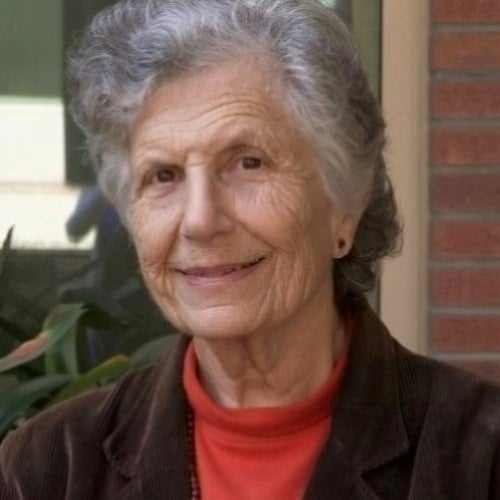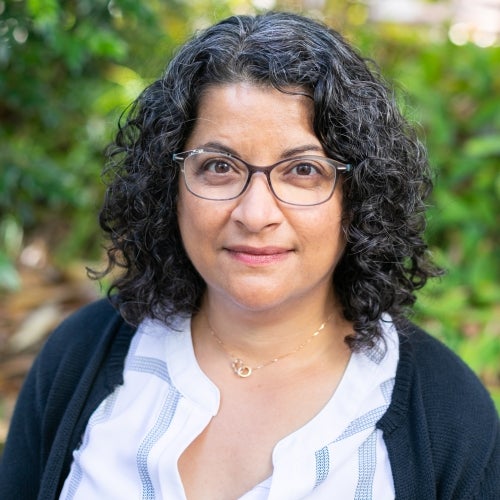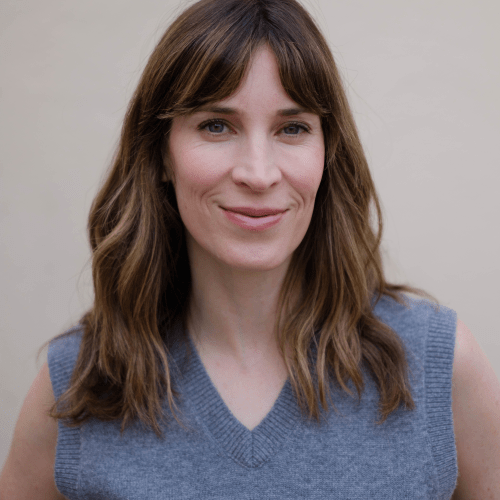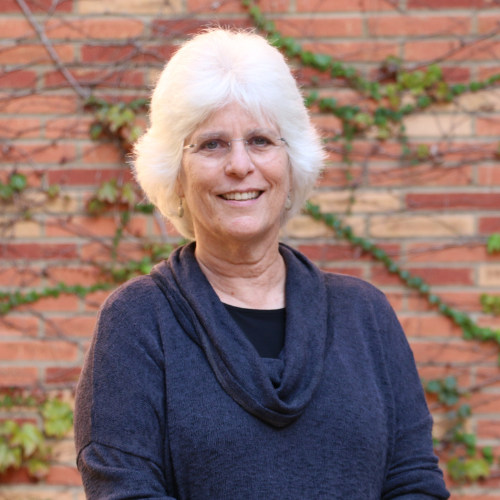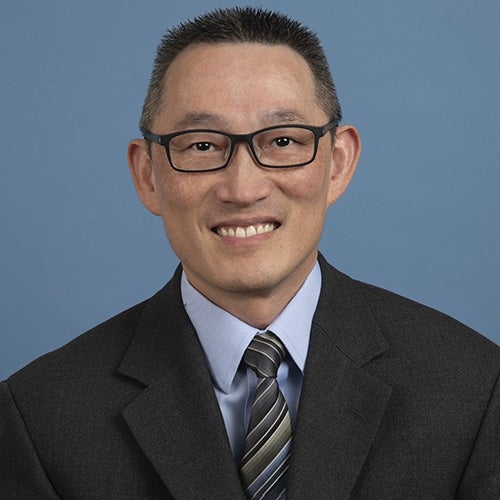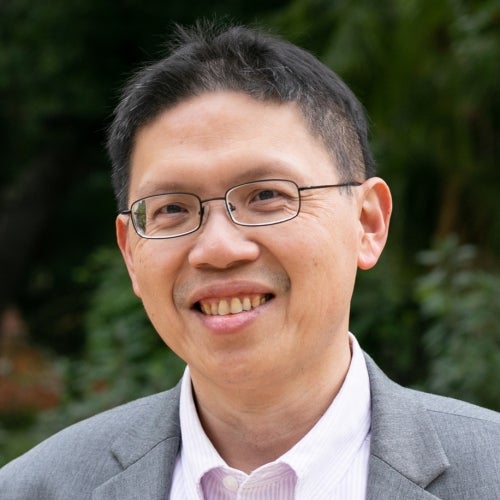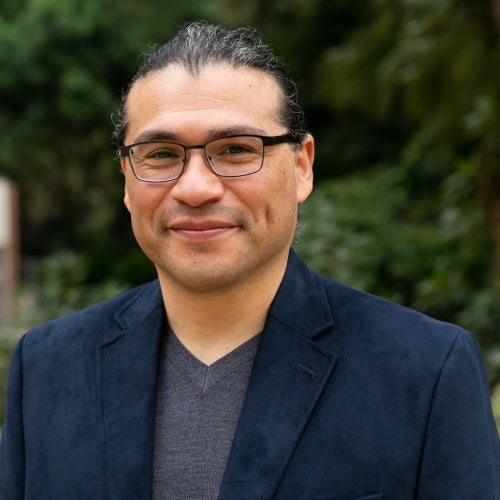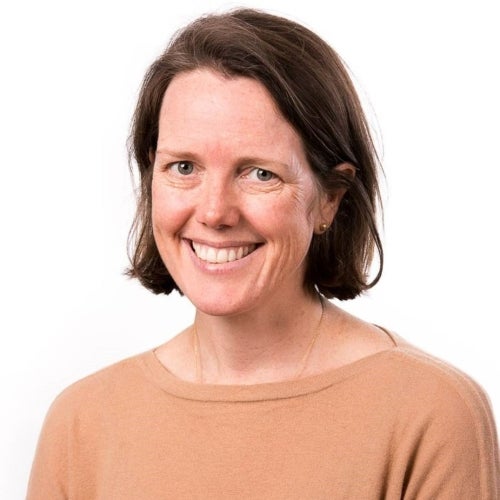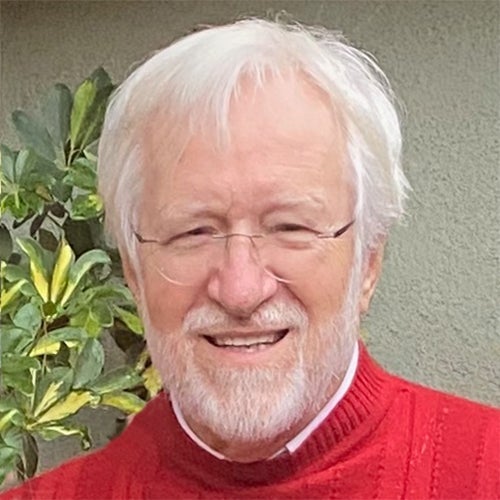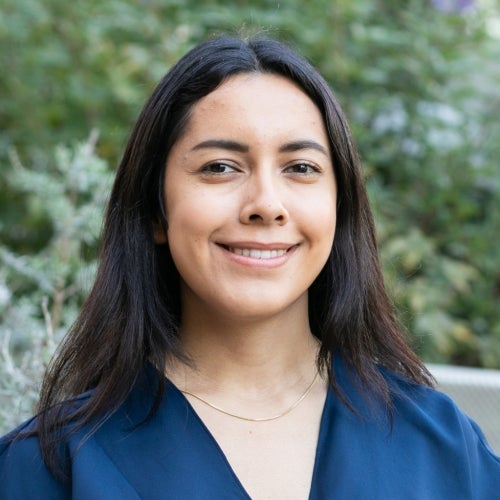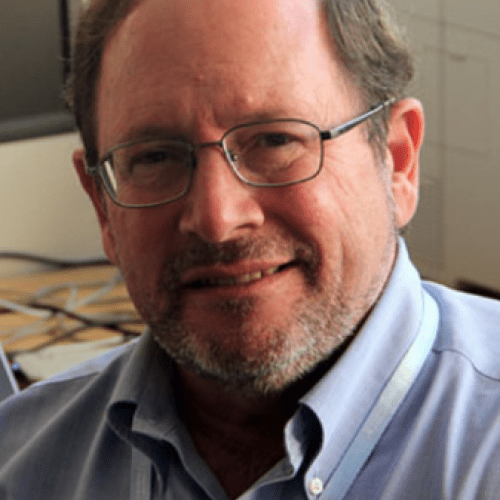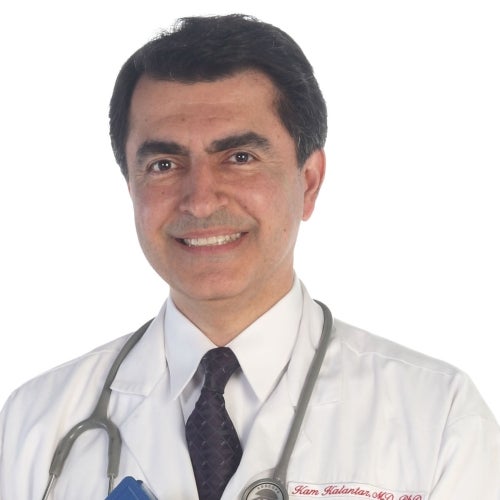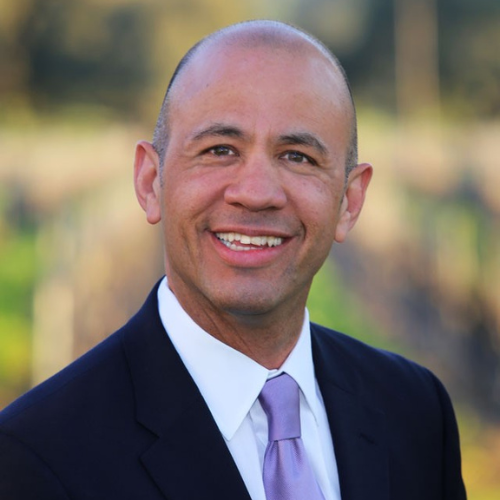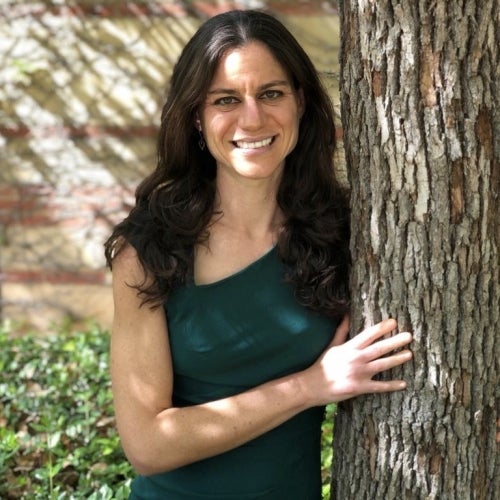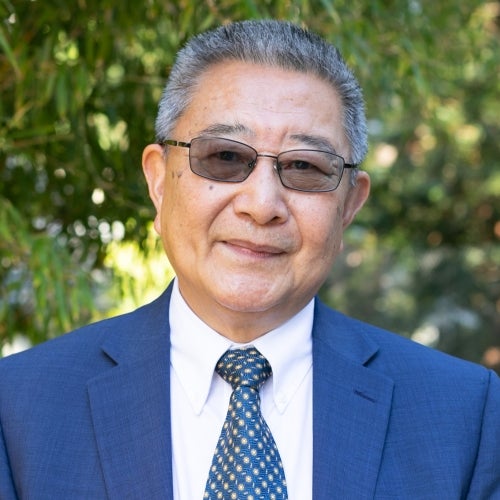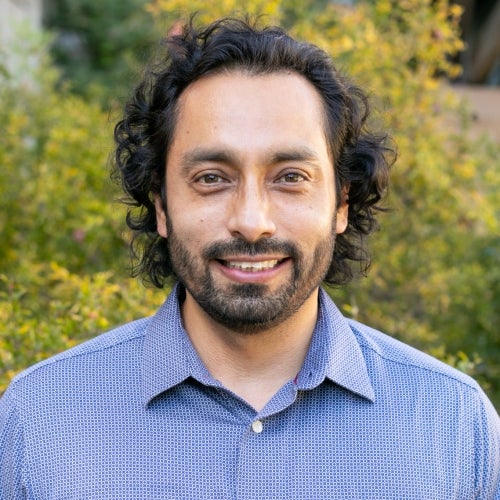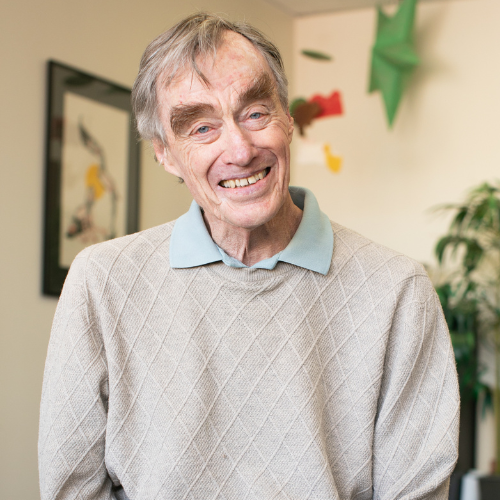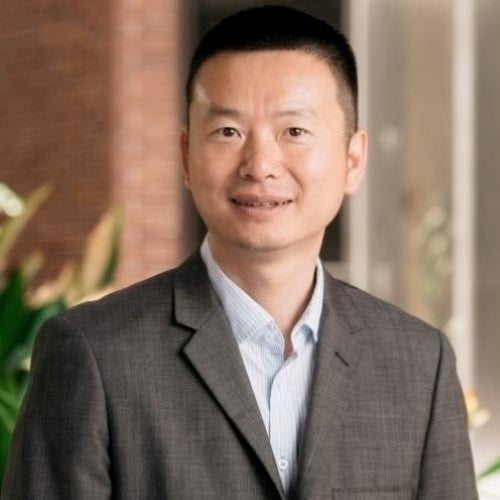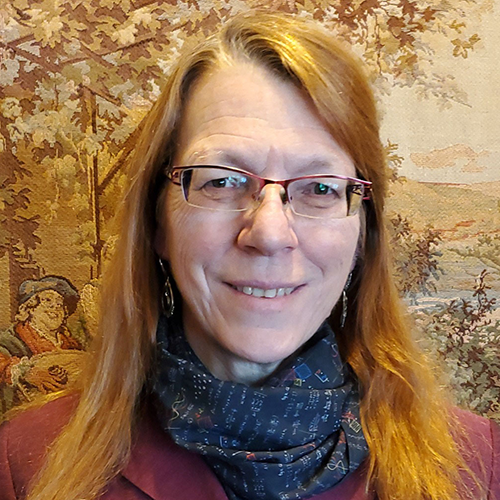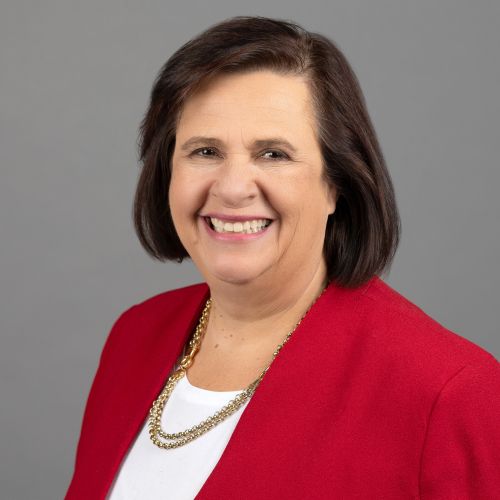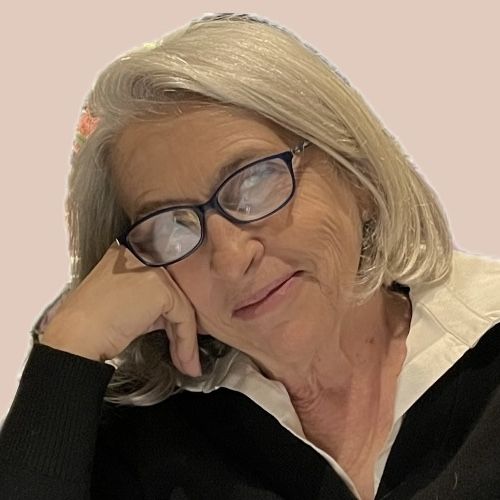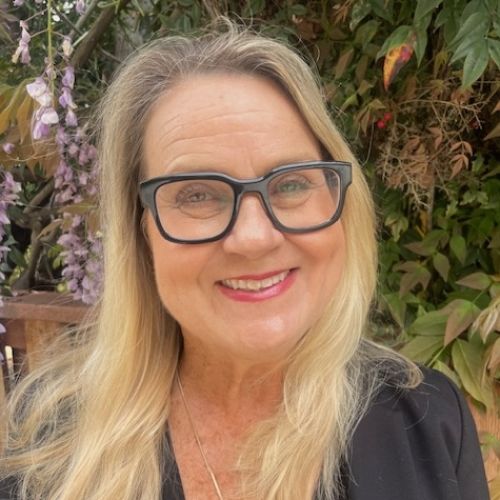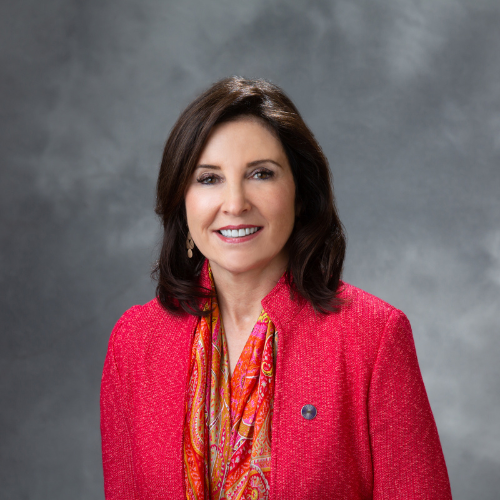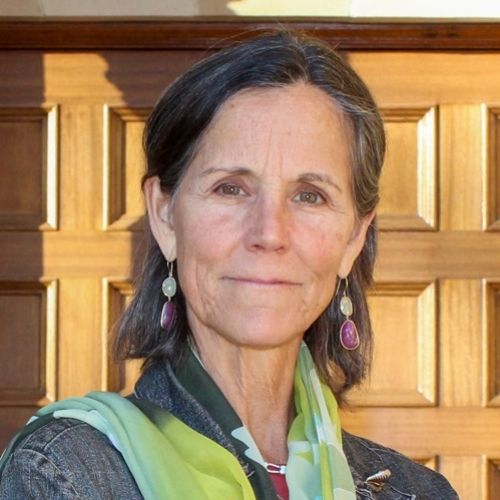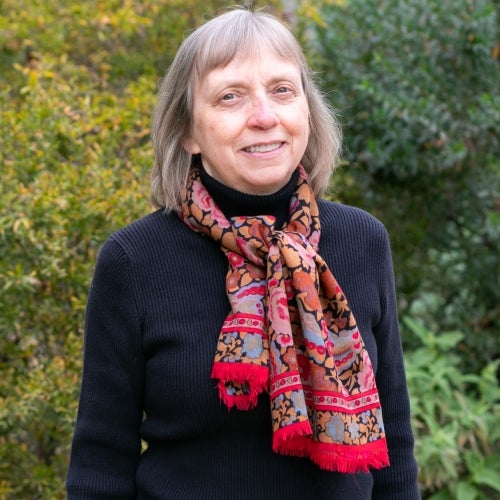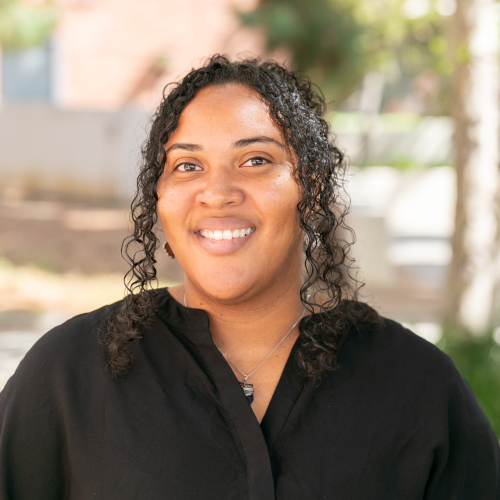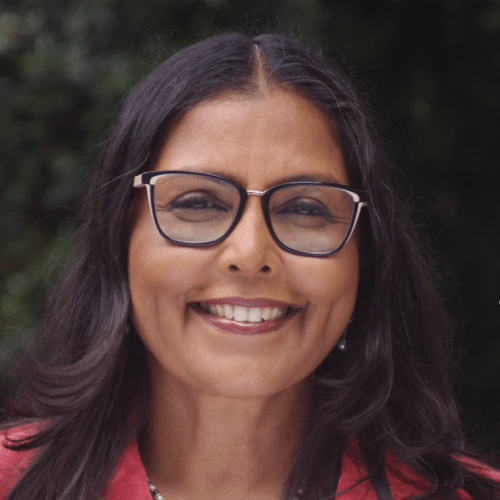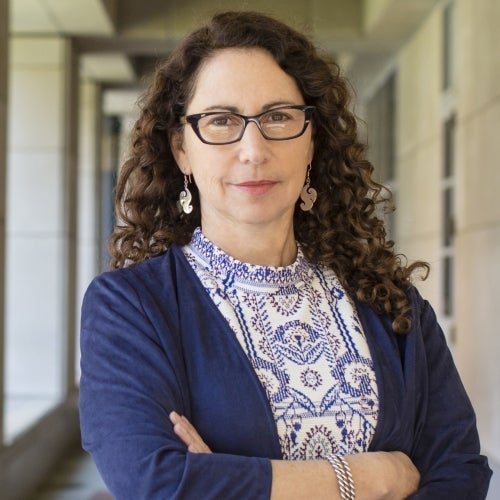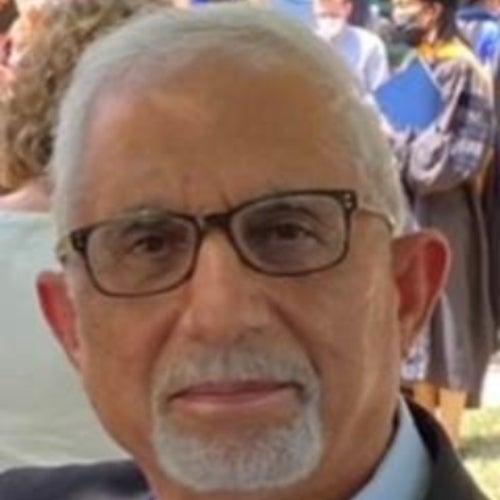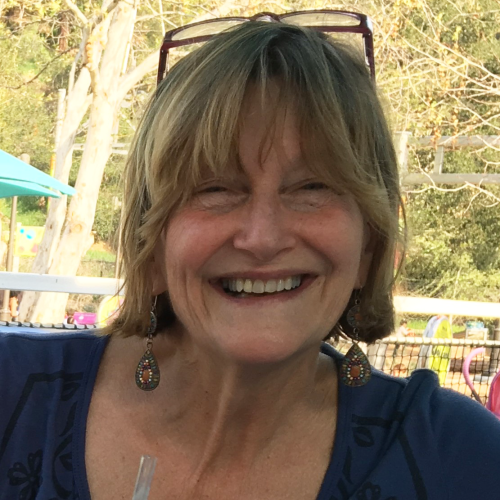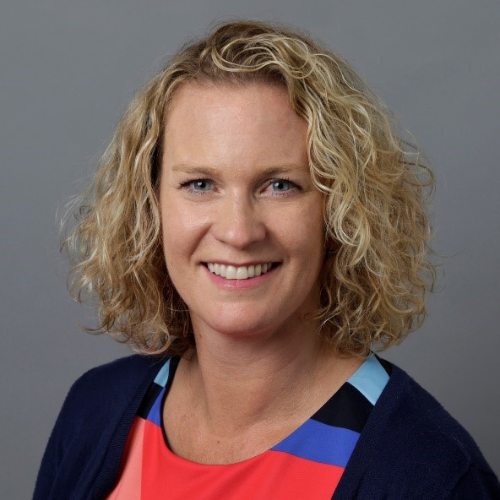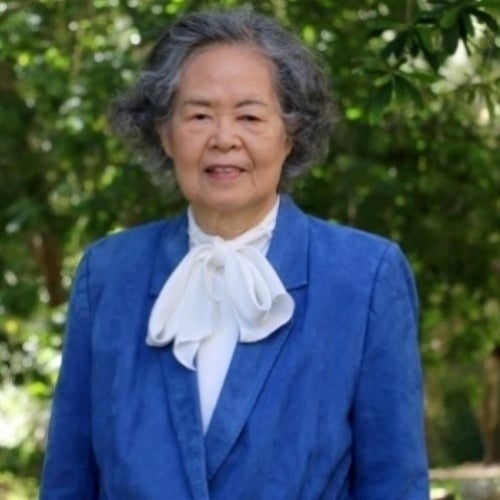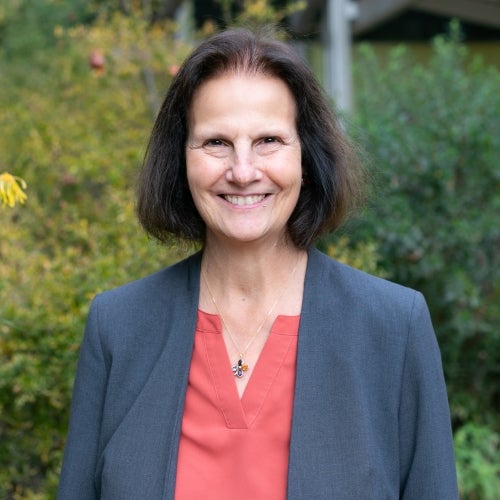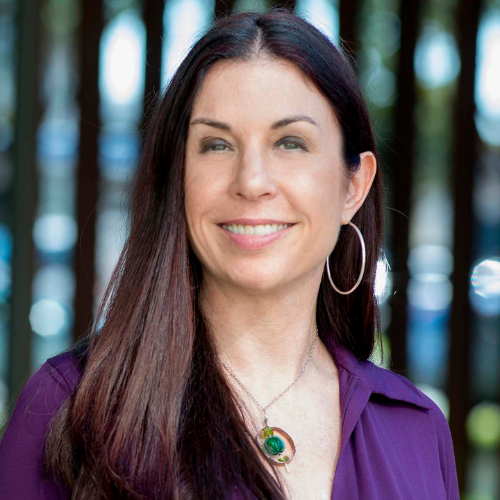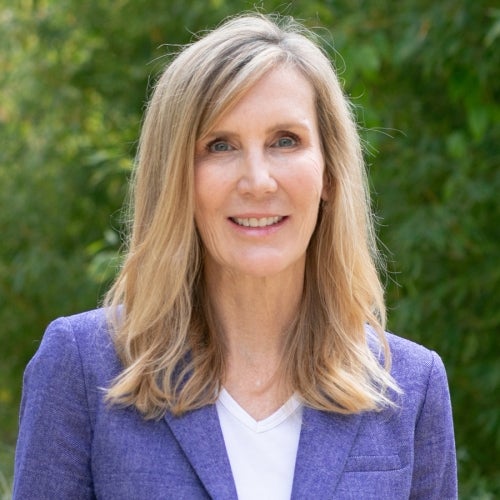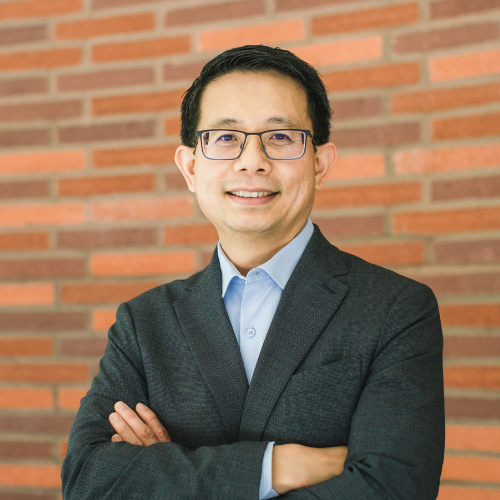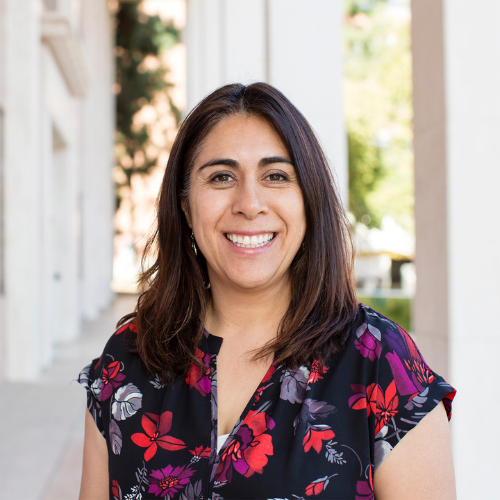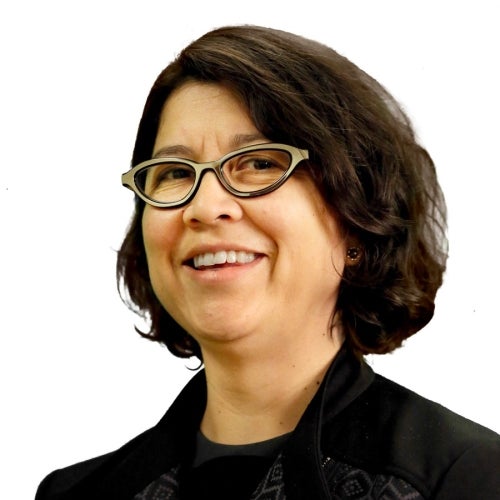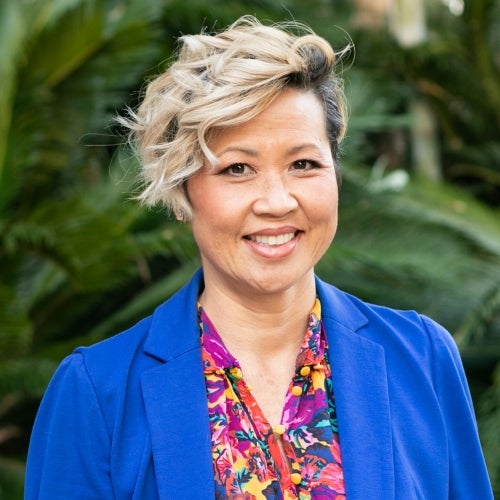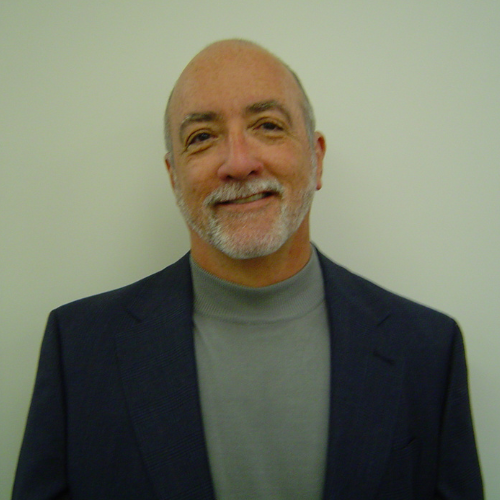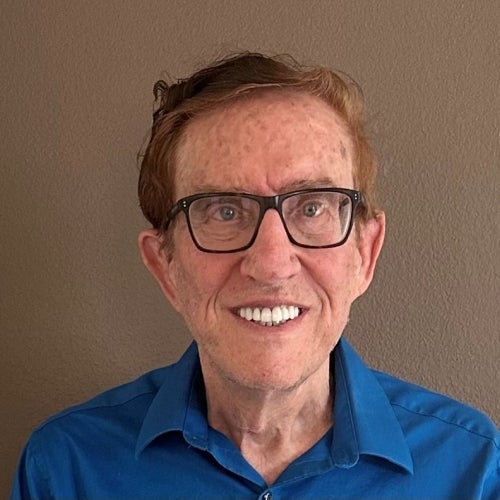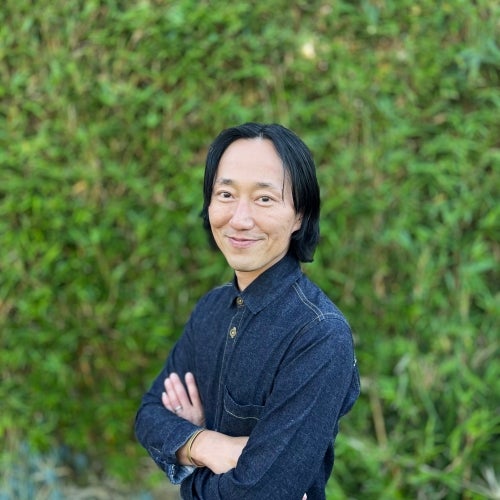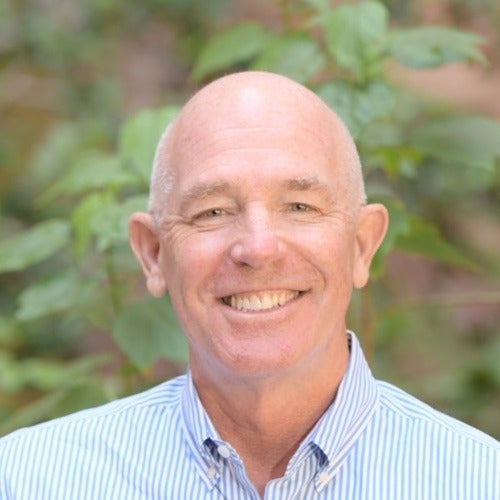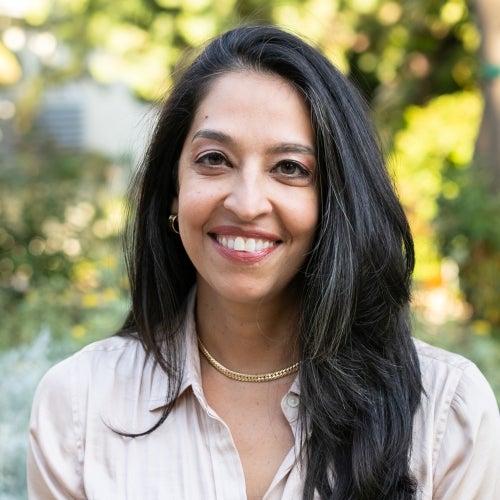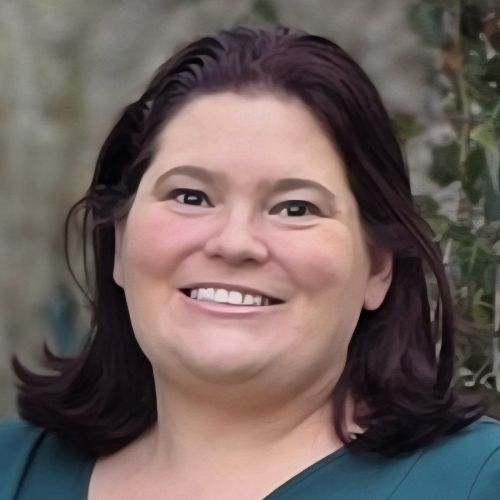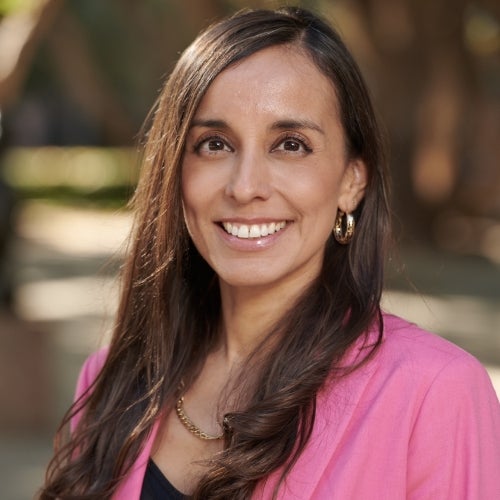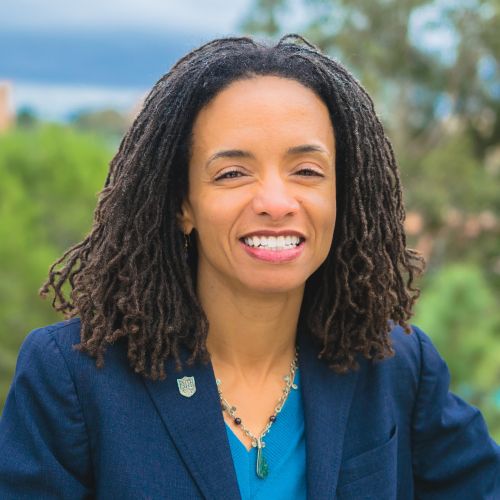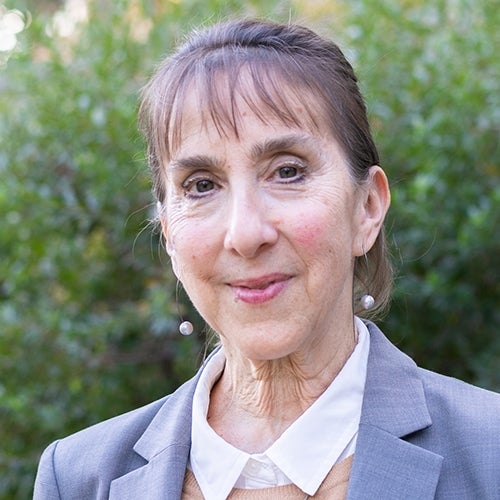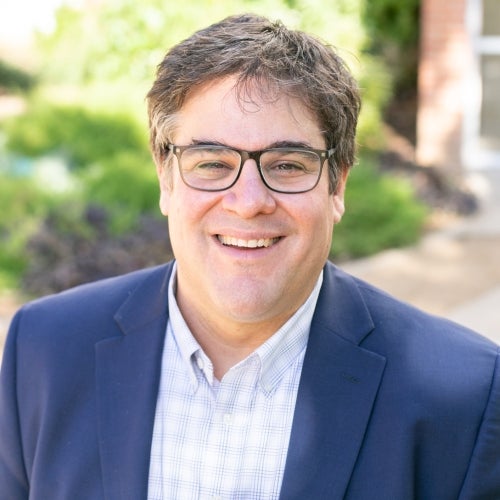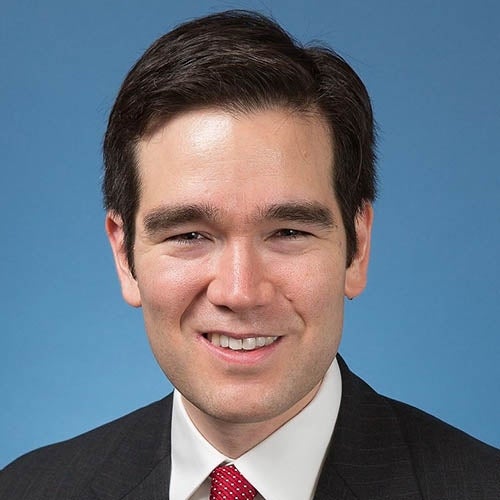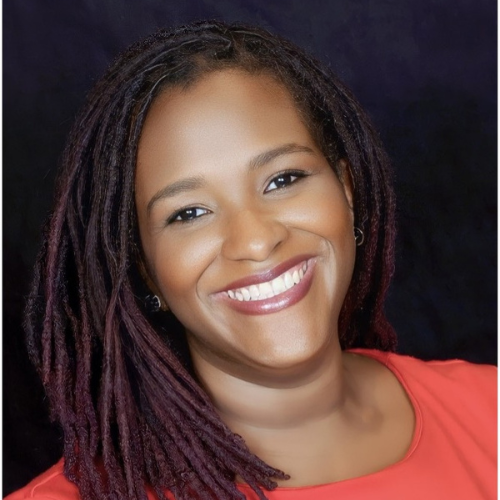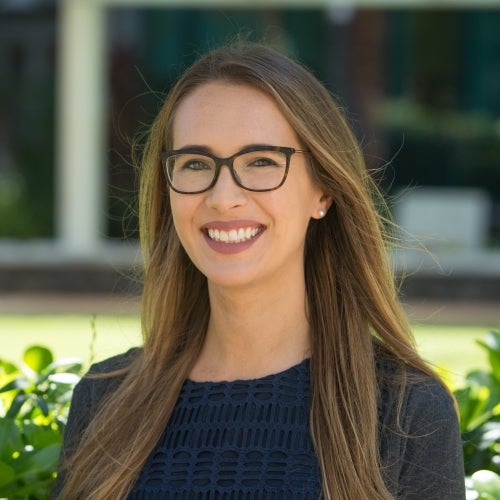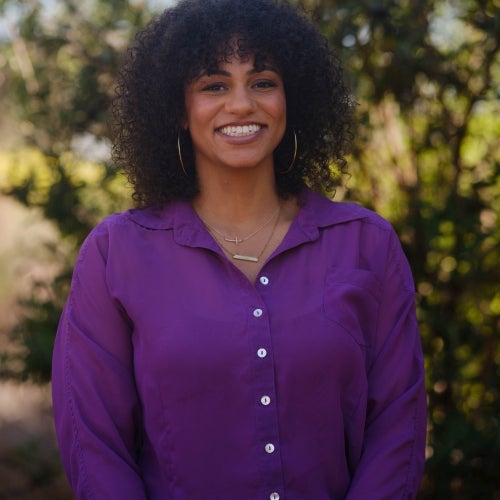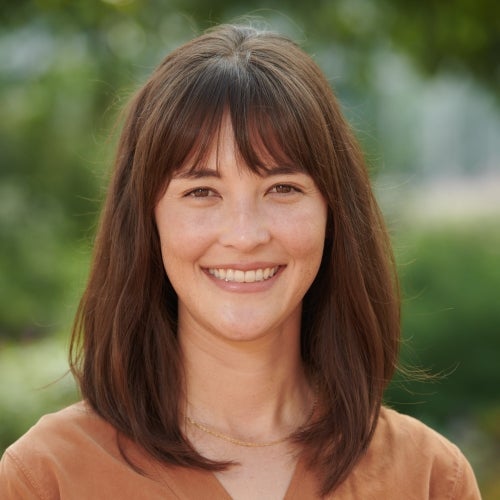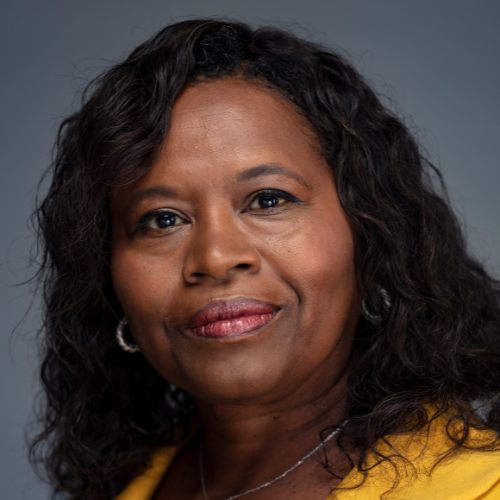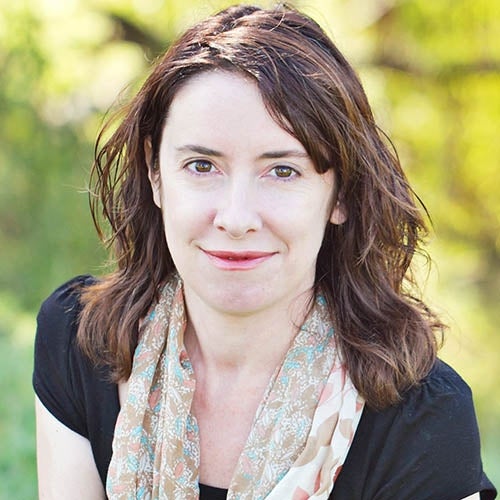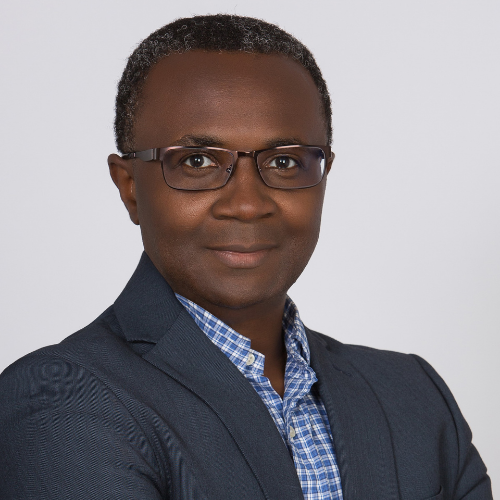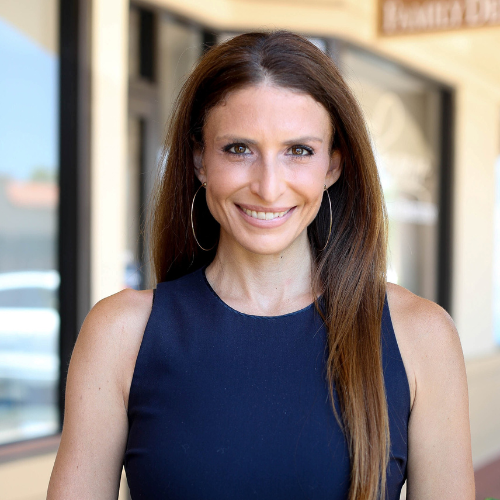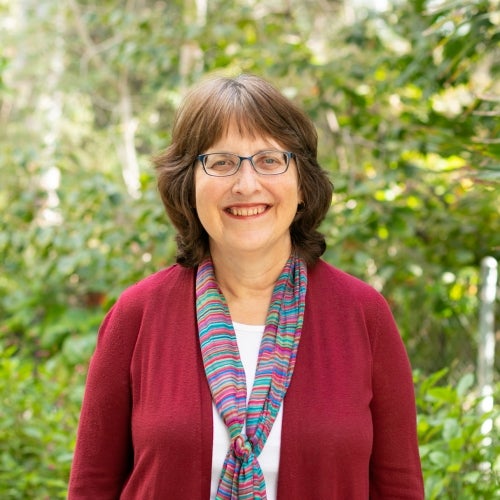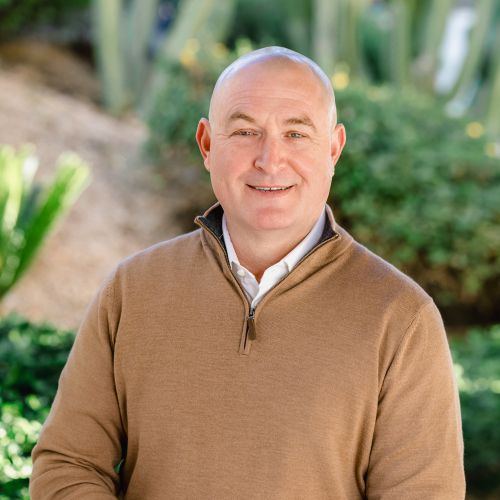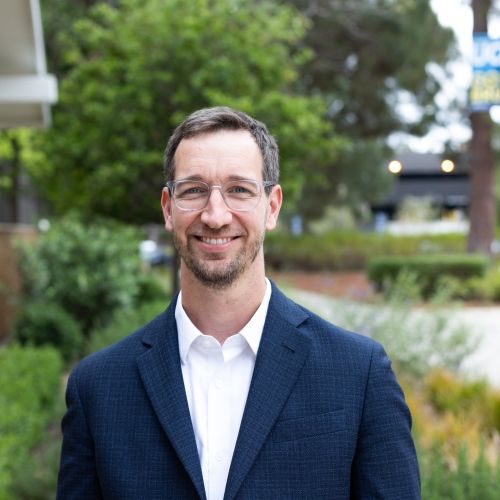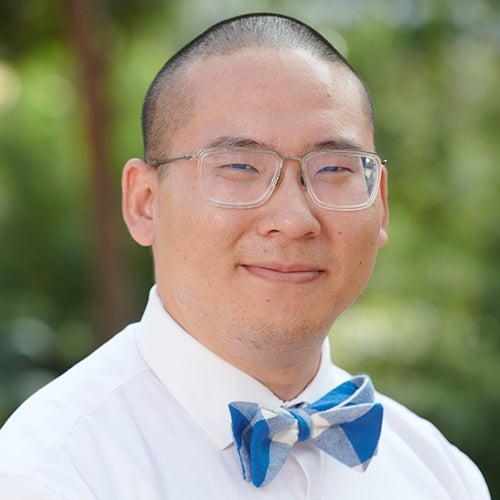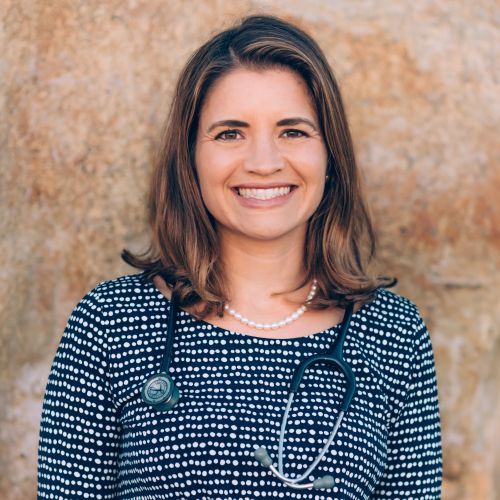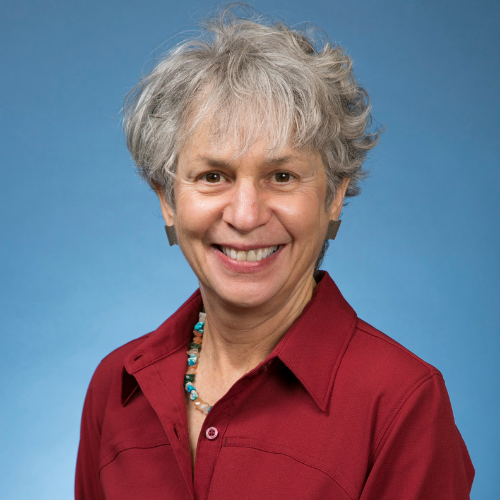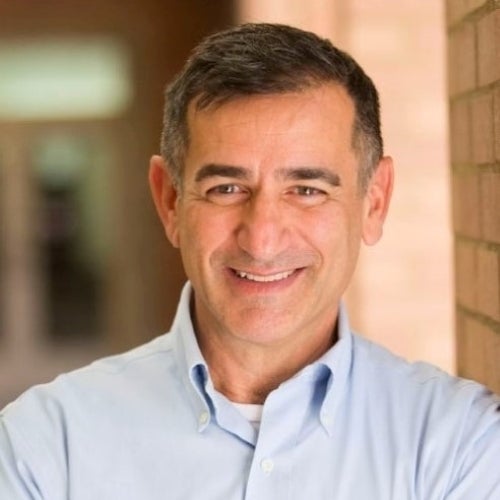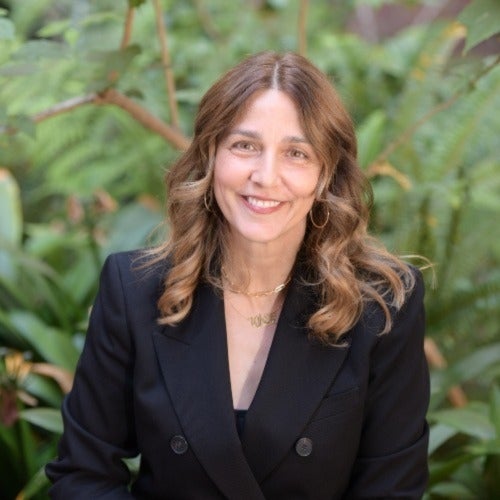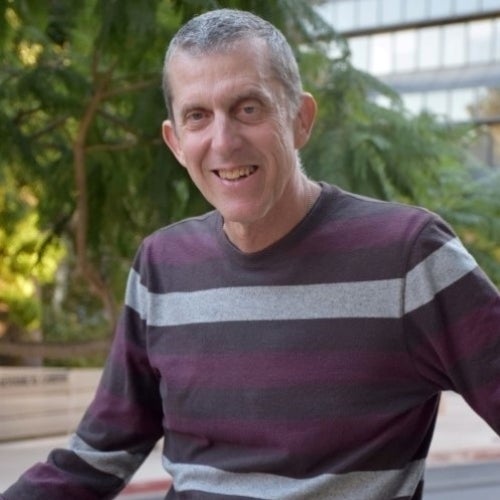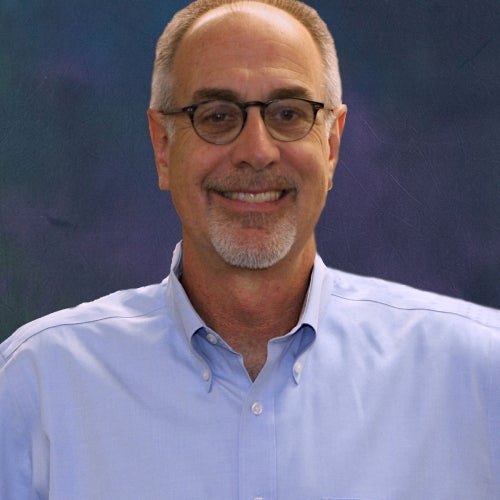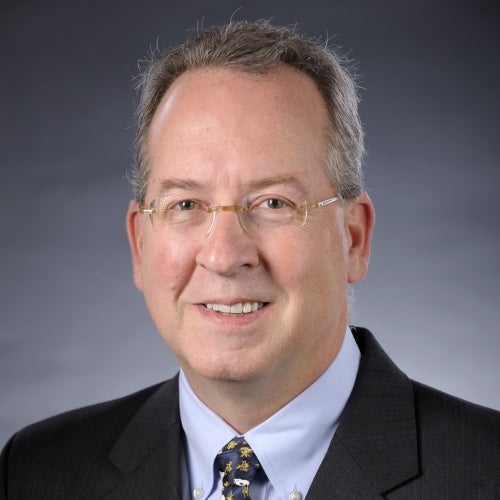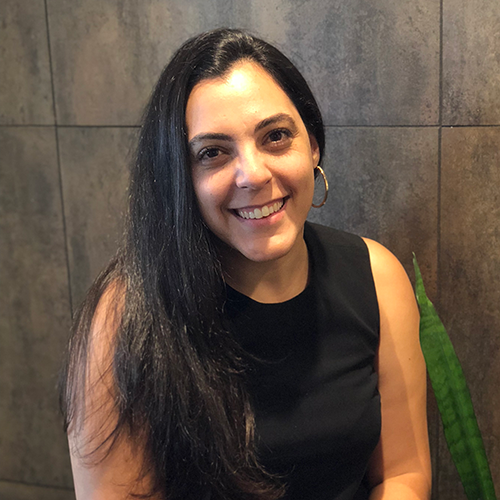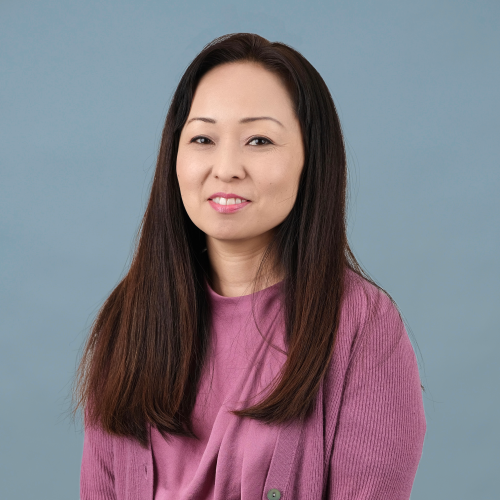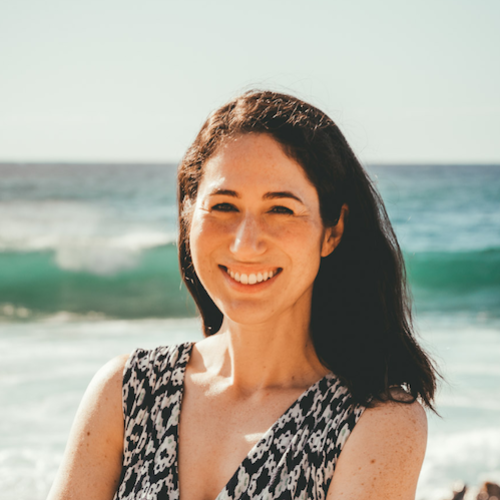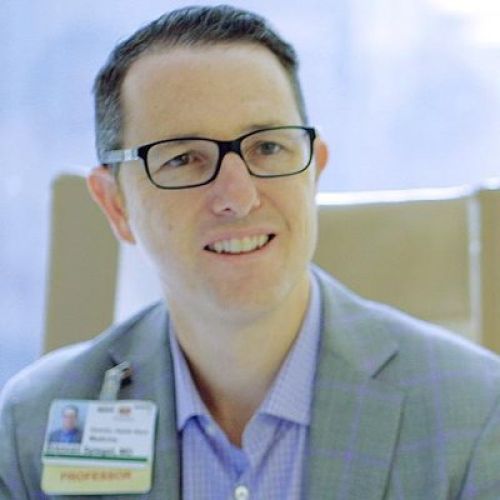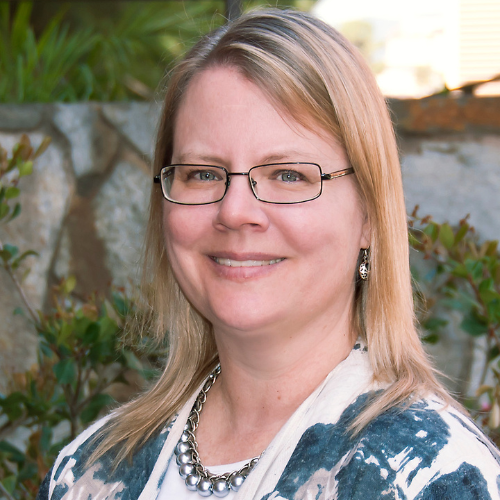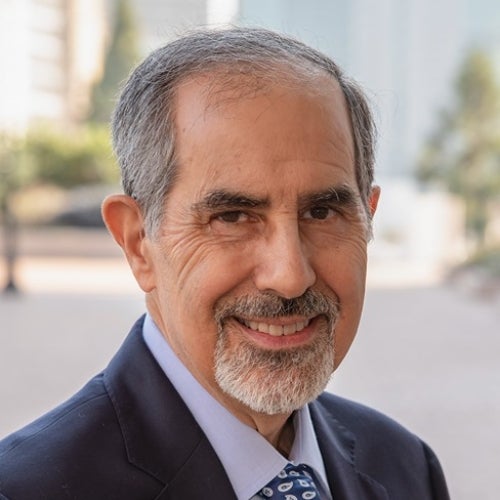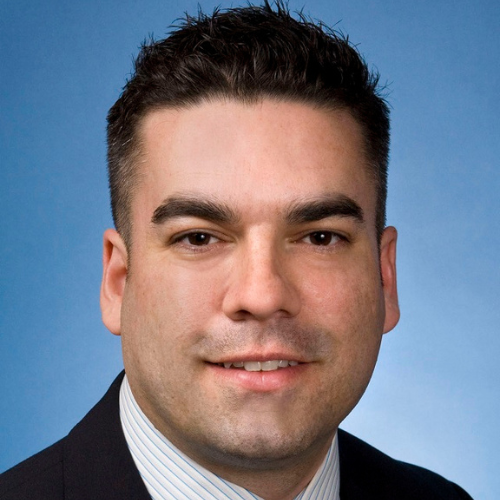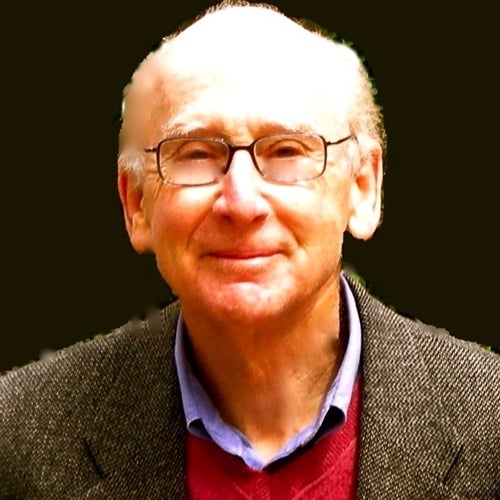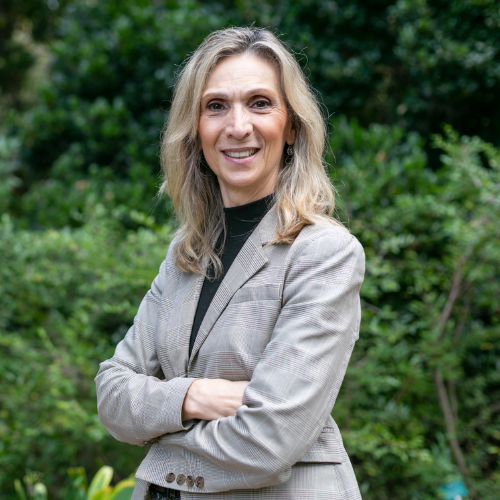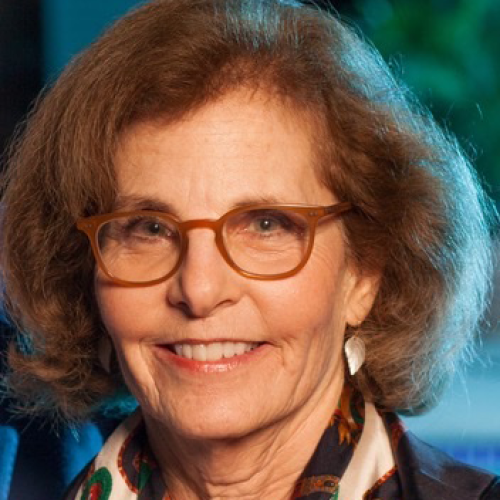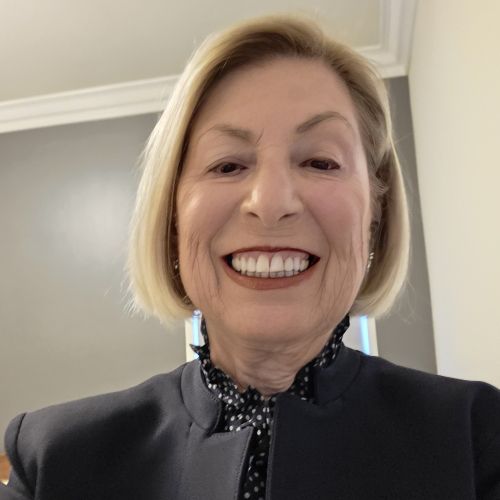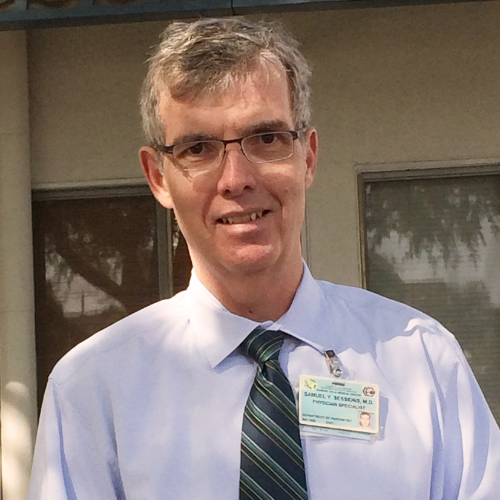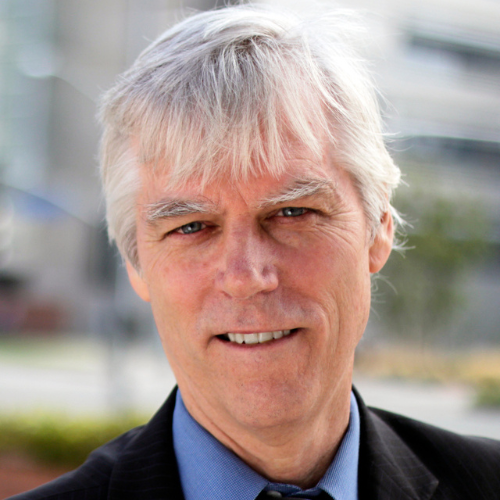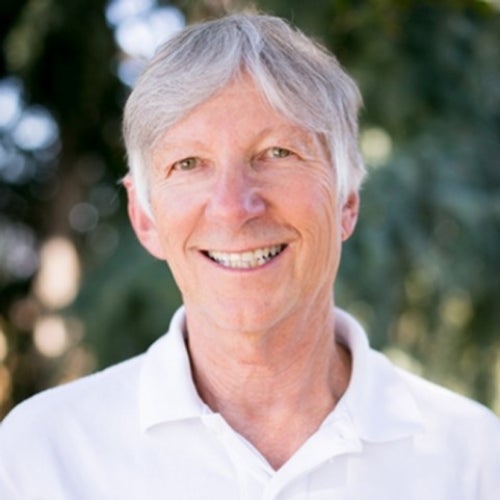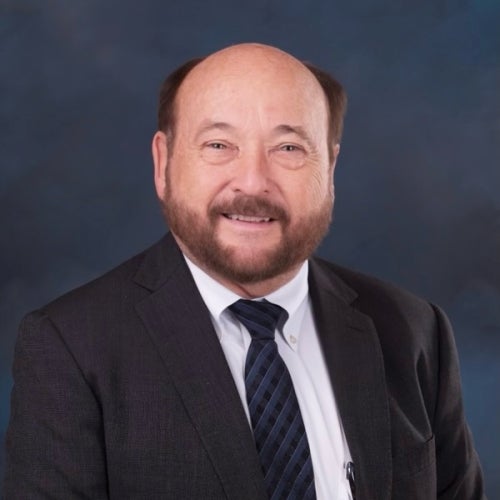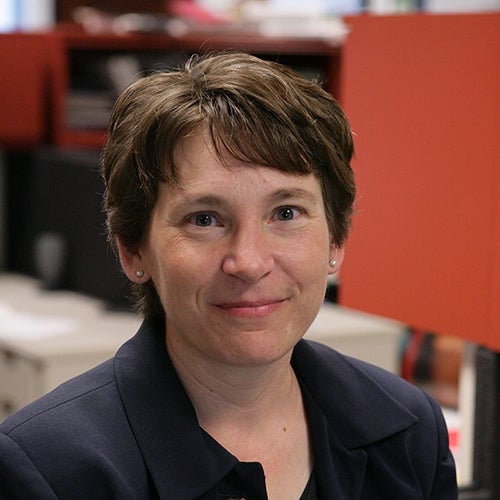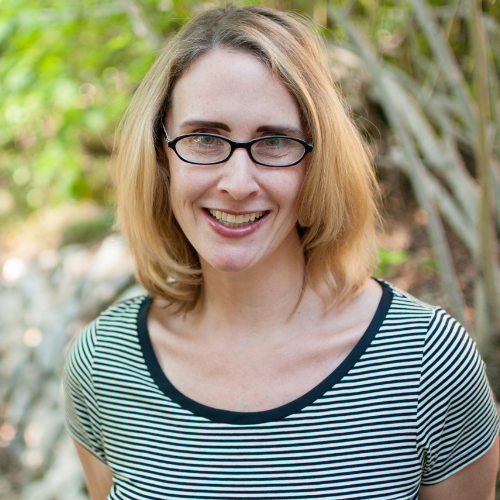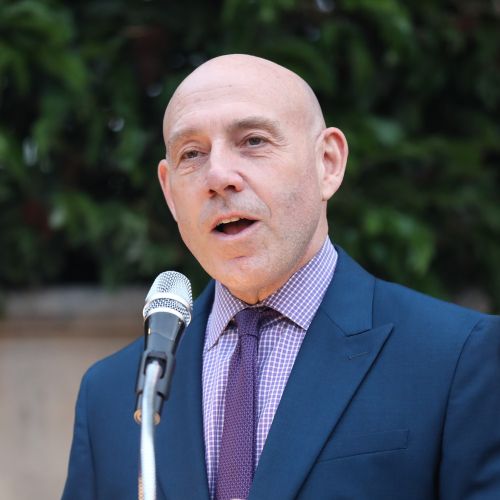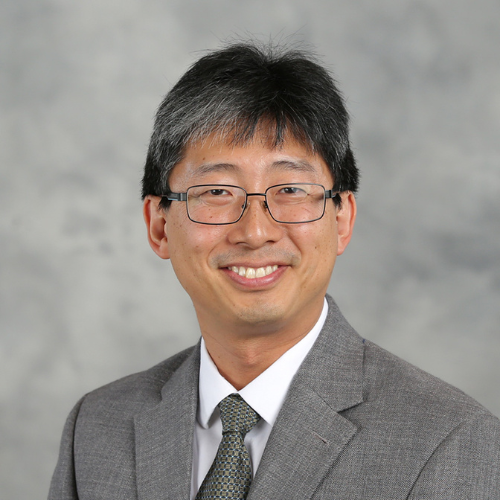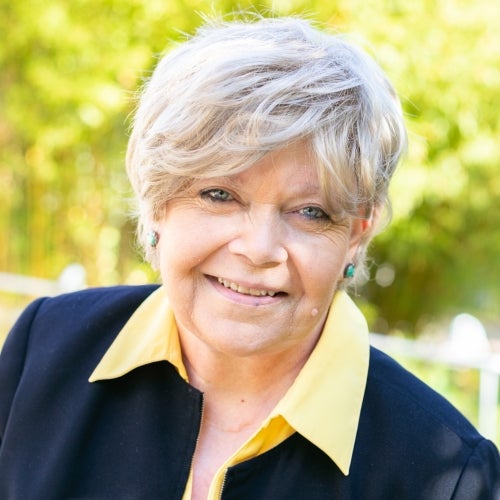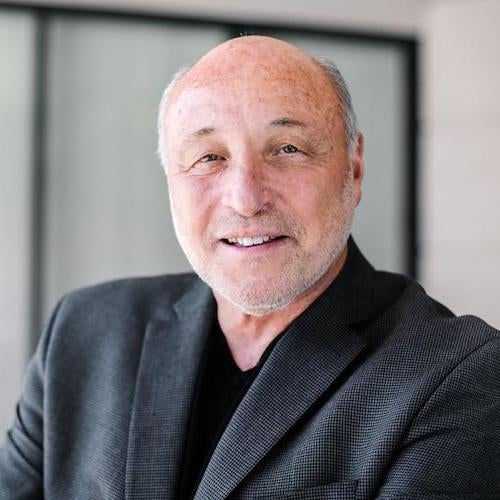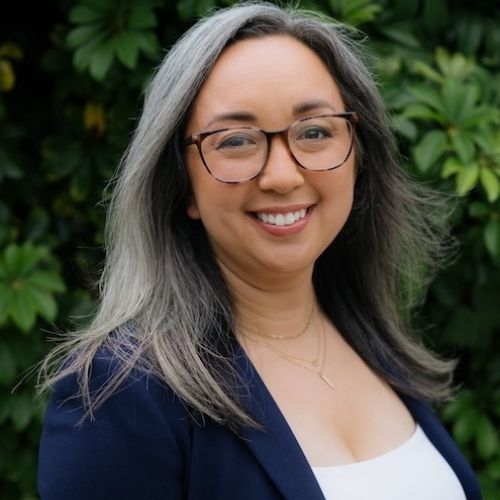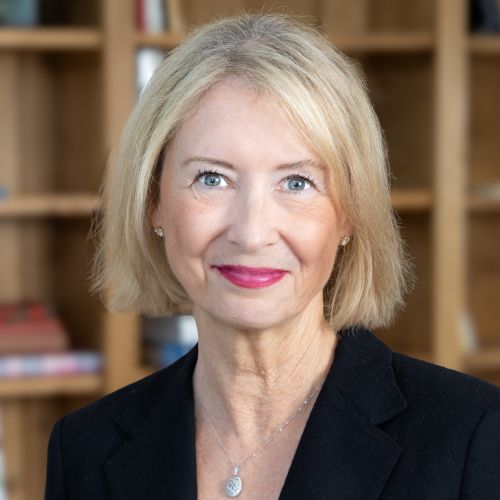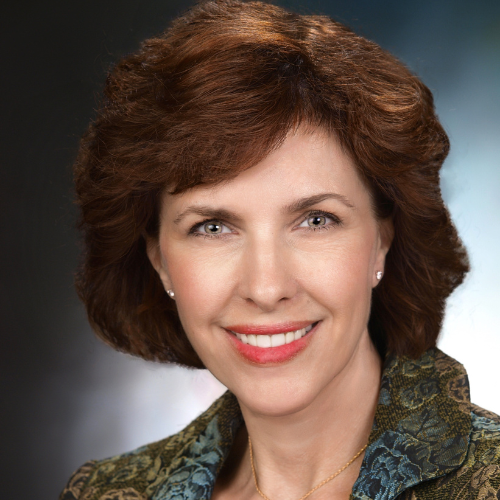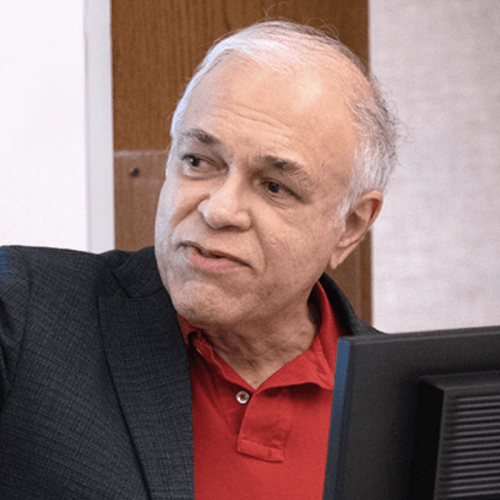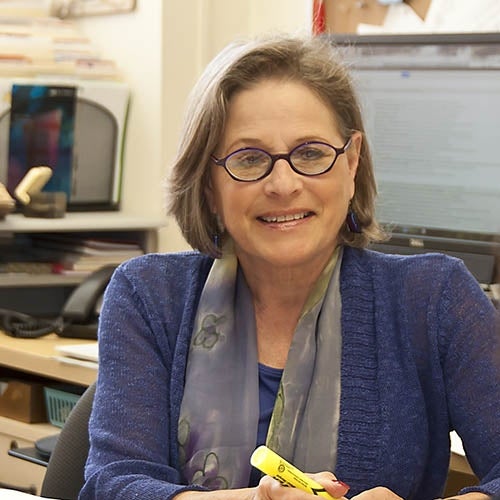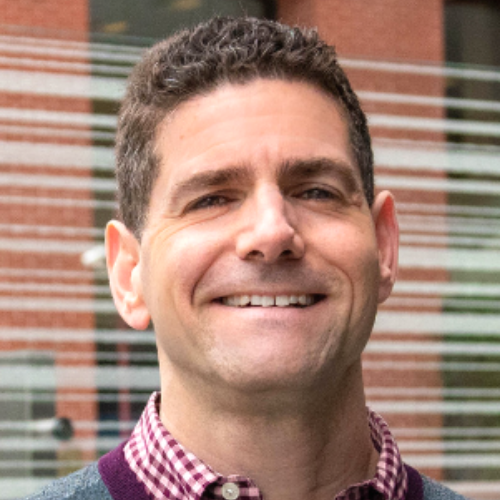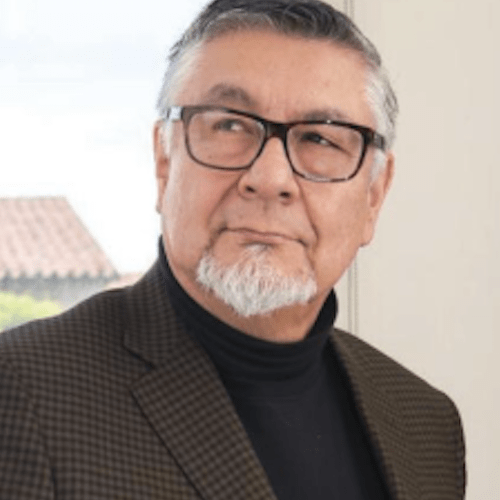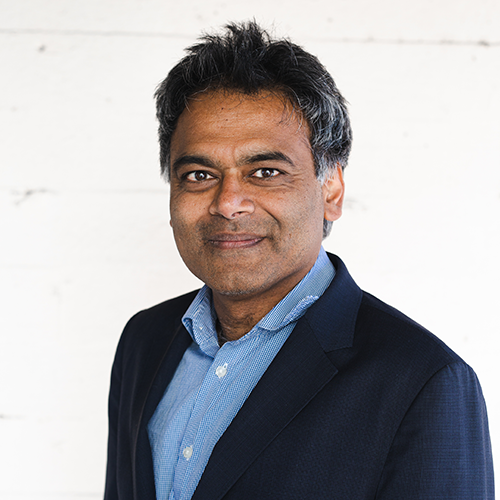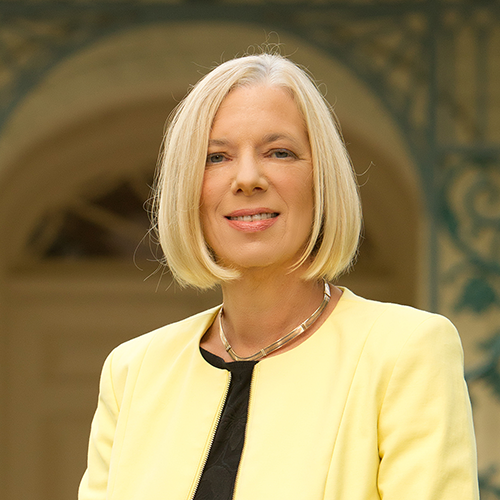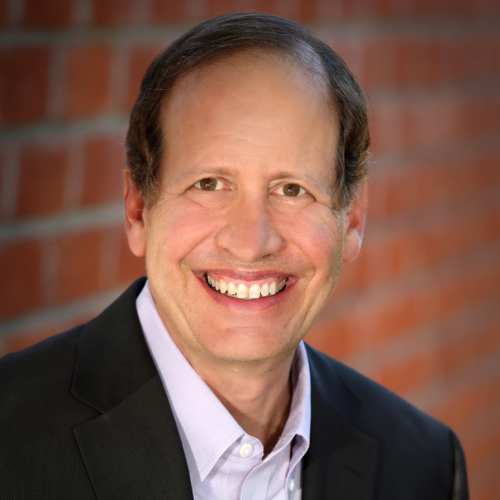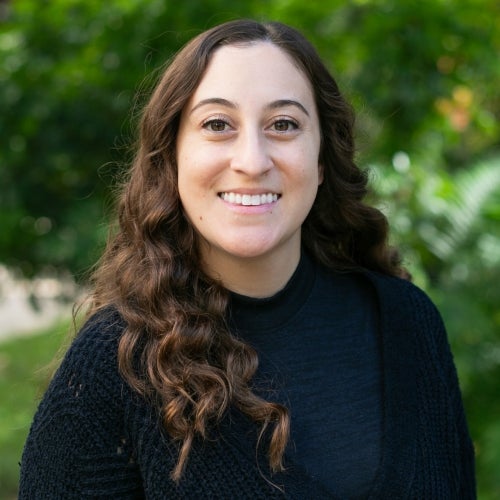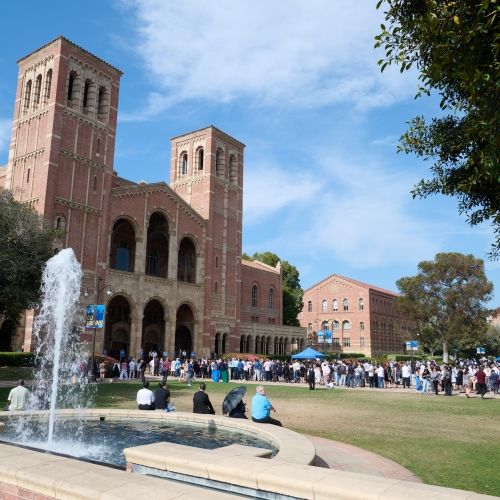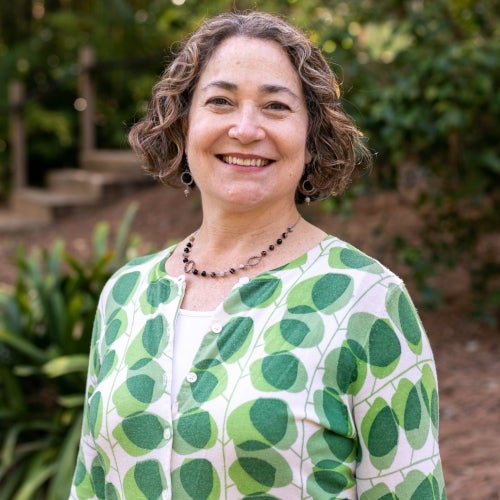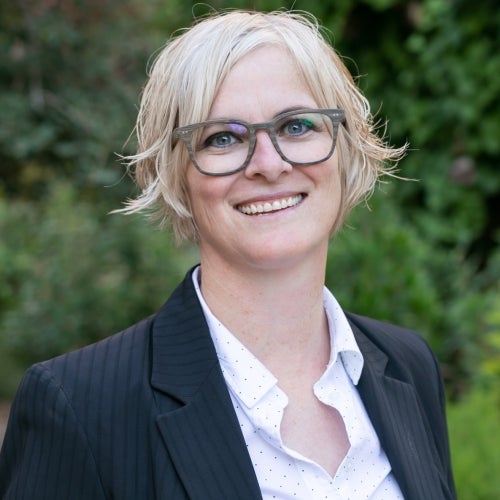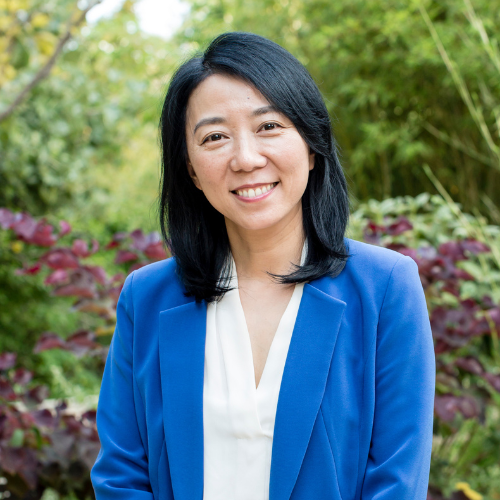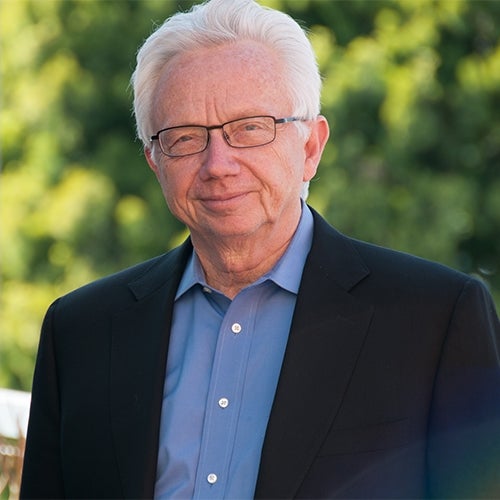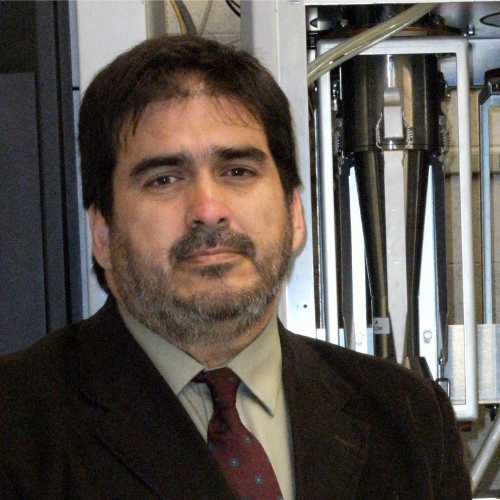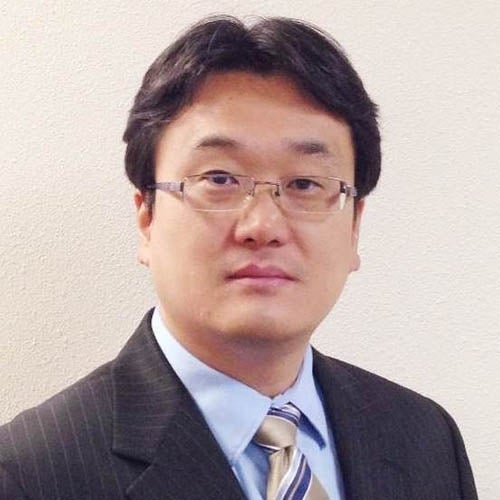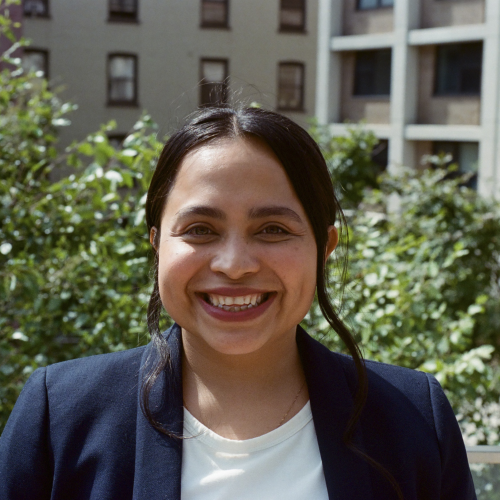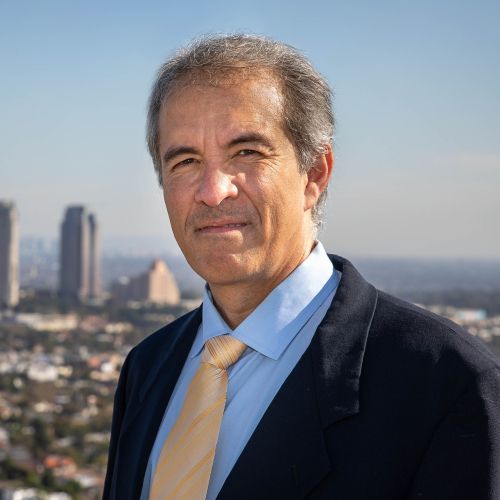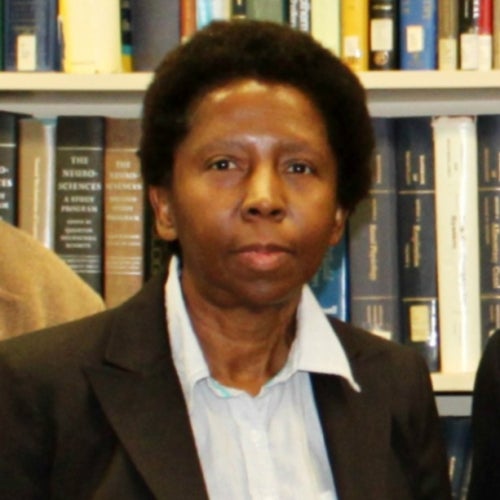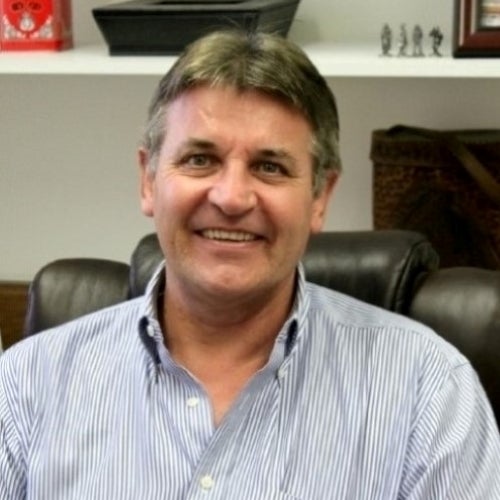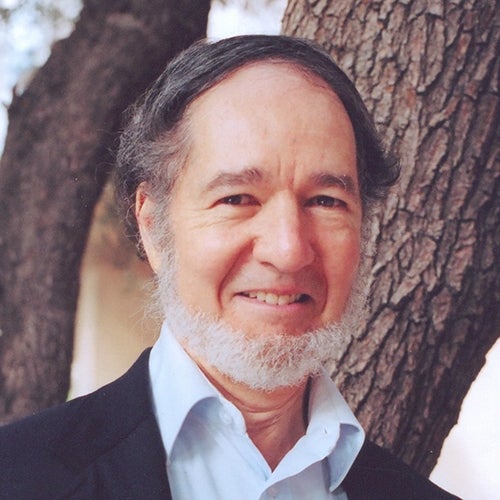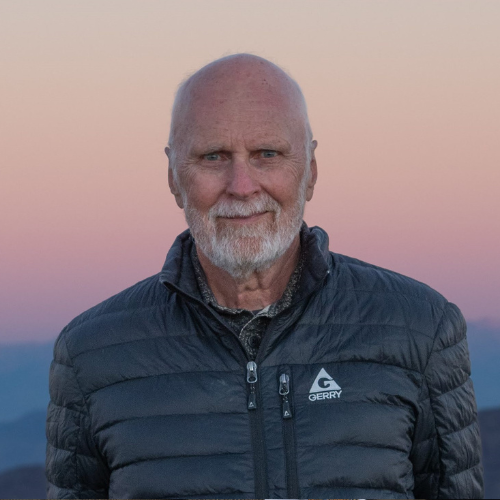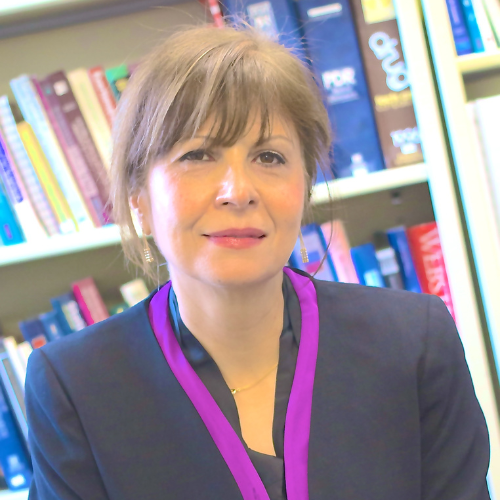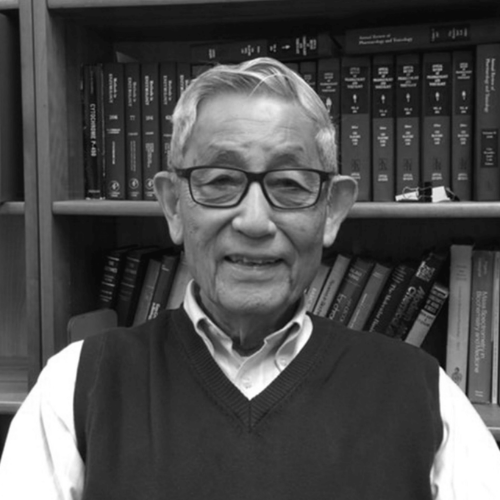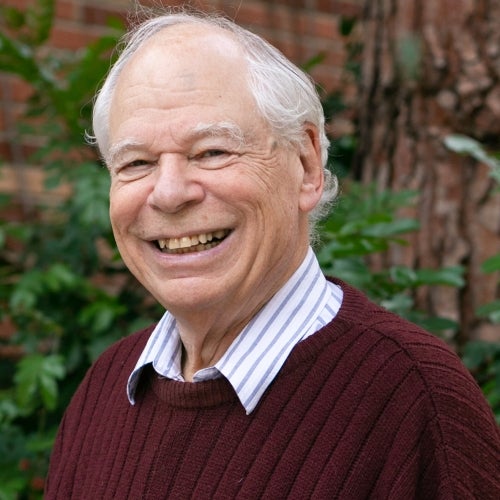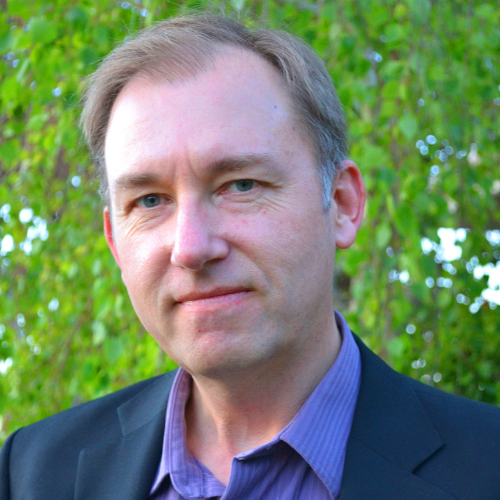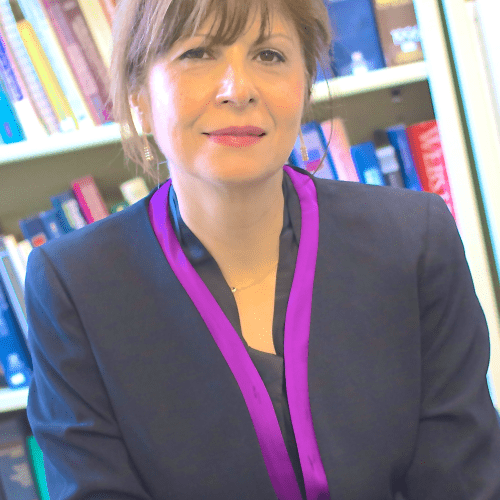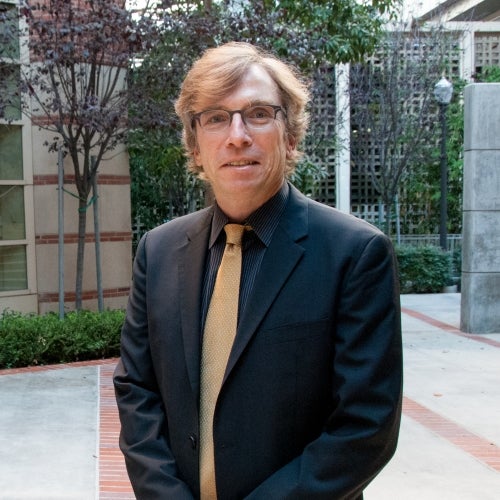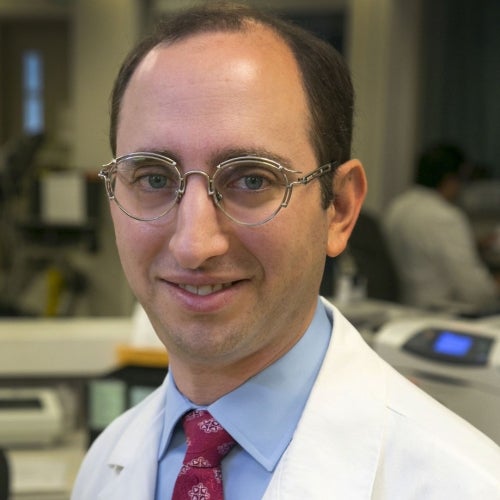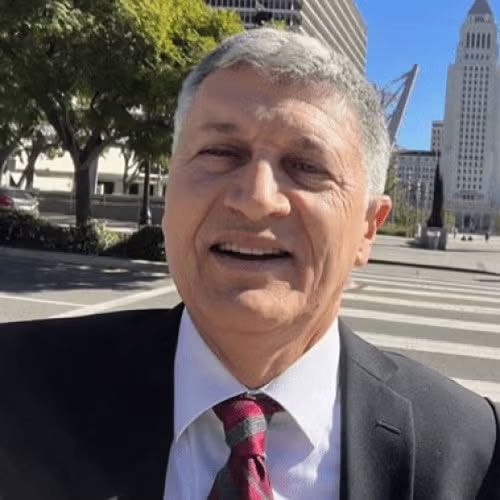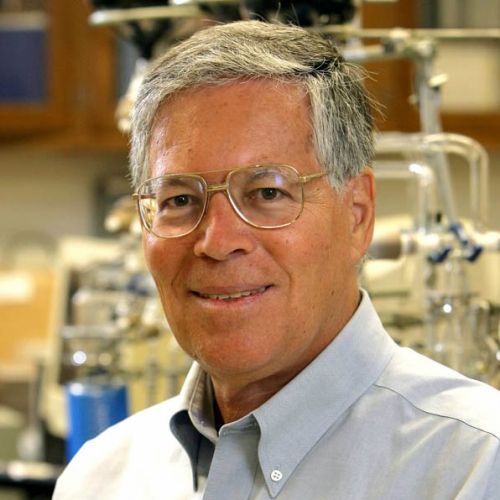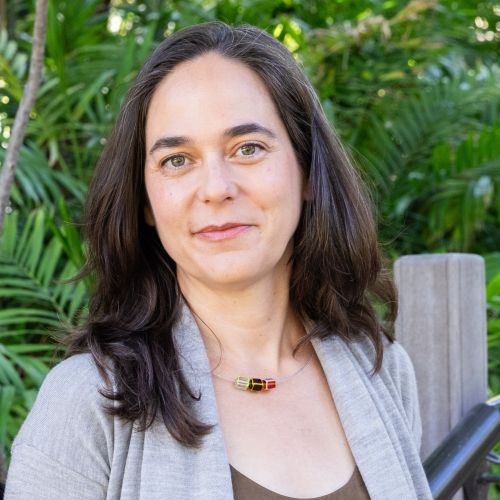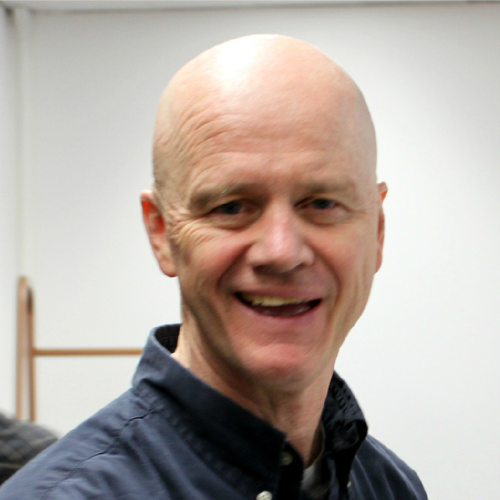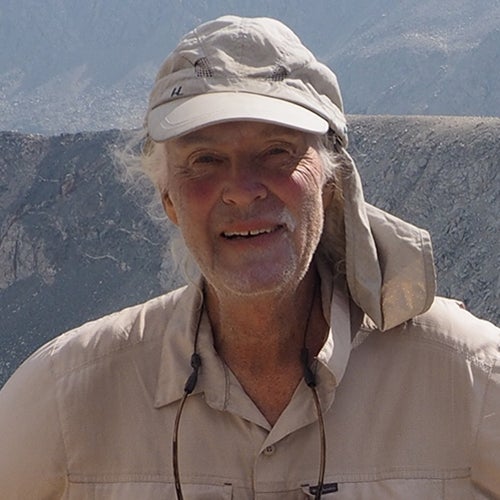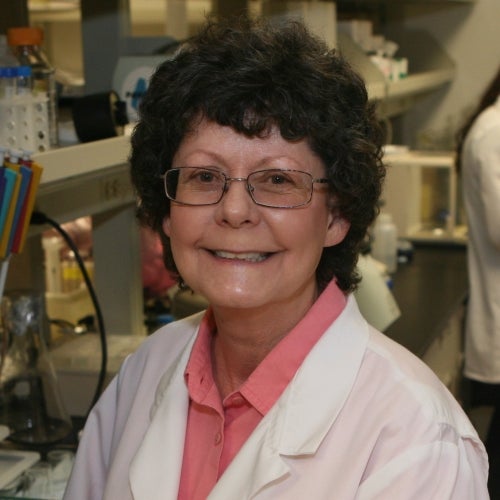Viral Lessons
The COVID-19 pandemic has underscored the importance of investing in public health while shining a harsh light on societal weaknesses. Fielding School faculty experts weigh in on what we have learned so far, and how we can do better.

DR. DAVID EISENMAN, Fielding School professor-in-residence of community health sciences and director of FSPH’s UCLA Center for Public Health and Disasters, says the COVID-19 pandemic has revealed critical areas in which the U.S. has fallen short. “Disasters shine harsh lights on society’s weaknesses,” he says. “This pandemic exposes problems in the U.S. that compound each other: an abdicated federal leadership, an absent social safety net, and a tenuous sense of social cohesion. But disaster models don’t fit the pandemic. This crisis will be with us for years. In that way it’s more like climate change: global, messy, and unequal in its effects.”
“Successfully confronting a global pandemic requires global cooperation, a coordinated response, and mutual respect by all nations,” says Dr. Roger Detels, distinguished research professor of epidemiology. “Regional, national, and international politics are the enemy of a successful global response. Unfortunately, in the absence of international coordination and cooperation, some countries, including the United States, have had devastating epidemics while other countries have been able to blunt the epidemic by initiating intervention strategies early.”
Other FSPH faculty point out that the pandemic has laid bare societal conditions that continue to fuel health disparities. “COVID-19 has put the spotlight on the fatal impacts of health care inequities on vulnerable communities,” says Arturo Vargas Bustamante, FSPH associate professor of health policy and management. “Latino and Black residents have been contracting the virus and dying at disproportionate rates because of their increased exposure and inability to access quality care and testing. With swift policy change, telehealth could transform access and reduce inequities, while potentially improving quality of care and lowering costs.”
“Workers who were previously invisible to much of society are now making headlines, receiving well-deserved accolades, but that is not enough,” says Linda Delp, adjunct associate professor with FSPH’s Center for Occupational and Environmental Health and director of UCLA-LOSH (Labor Occupational Safety & Health Program). “The COVID-19 crisis has magnified the cracks in our worker health and safety system that relegate many working-class, people of color, and immigrants to hazardous jobs where they confront exposure to the coronavirus. Crowded work environments, lack of protective gear, and production pressures contribute to the spread. Worker health is public health — and we must do more to ensure workers are treated as essential, not expendable.”
Vickie Mays, FSPH professor of health policy and management, notes that preparedness for a pandemic or other public health crisis must not overlook the mental health needs of the affected population. “African American communities are experiencing the worst mental health consequences from the pandemic not because of poverty and compromised health, but because of our societal neglect of a culturally specific mental health preparedness response,” says Mays, a psychologist who, in the aftermath of Hurricane Katrina, spent five years as part of a response and resiliency team that helped to rebuild New Orleans’ mental health infrastructure. “We learned after Hurricane Katrina that the most prepared and reliable group to whom we can turn for an immediate response are religious leaders trained in pastoral care, pastoral counseling, and mental health interventions.”
Chandra Ford, professor of community health sciences and founding director of FSPH’s Center for the Study of Racism, Social Justice & Health, notes that the legacy of racism in the U.S. can be clearly seen. “The structural nature of racism illuminates and exacerbates links between the historical imperialism that dispossessed Indigenous Americans of their land and the capacity of people on reservations today to contain COVID-19,” Ford says. “It magnifies tensions between the relatively recent model minority myth and the long-standing xenophobia that has always characterized U.S.-China relations. It shows that racism against Black, Indigenous, and people-of-color communities is heightened, not lessened, in moments of crisis.”
Not all of the lessons have to do with the pandemic response. For Yifang Zhu, an FSPH professor of environmental health sciences and associate dean for academic programs, one of the takeaways from the initial stay-at-home period undertaken by major cities is the dramatic impact major societal changes can have on air quality. “In public health, we know prevention is better than cure,” Zhu says. “It’s cheaper and safer to prevent people from catching and spreading the coronavirus than to treat huge numbers of severe cases. Similarly, in air quality management, it is much better to cut down on emissions to reduce exposures than to deal with various adverse health consequences. We can take actions to improve our air quality and live in a more sustainable world, where technologies and policies come together to bring us cleaner energy, and where we don’t need a loss of life and wealth to make it happen.”
Dr. Zuo-Feng Zhang, FSPH professor of epidemiology and associate dean for research, believes COVID-19 has served as a reminder that the fundamental tools of epidemiology, while essential, are not sufficient to respond effectively to an infectious disease outbreak. “This pandemic has taught me that my knowledge of disease etiology and epidemiology isn’t enough, for example, to be able to evaluate the social and psychological impacts of the lockdown of Wuhan city, or how critical it is to educate the public through social media,” says Zhang, a physician epidemiologist from China who has continued to conduct cancer epidemiology research both in the United States and in his native country since coming to the U.S. more than three decades ago. “Our existing knowledge and experience might not be sufficient to facing the challenge of new emerging infectious diseases; we will need to constantly learn more and adapt as the world changes.”
For Dr. Richard Jackson, an FSPH professor emeritus of environmental health sciences who has served as California’s state health officer as well as director of the U.S. Centers for Disease Control and Prevention’s National Center for Environmental Health, the pandemic has exposed the pitfalls of public health underfunding. “The public health infrastructure has been so starved over the years that it was frayed,” Jackson says. “It’s important that public health leaders use this as an opportunity to fix that infrastructure. We need to fund public health schools and invest in our next generation of leaders — including individuals who are skilled at data collection, know how to work with hospital electronic medical records, and can support real-time tracking of the health status of the population during these outbreaks.”
Faculty Referenced by this Article

Robert J. Kim-Farley, MD, MPH, is a Professor-in-Residence with joint appointments in the Departments of Epidemiology and Community Health Sciences

Academic Personnel Coordinator/Assistant to the Chair
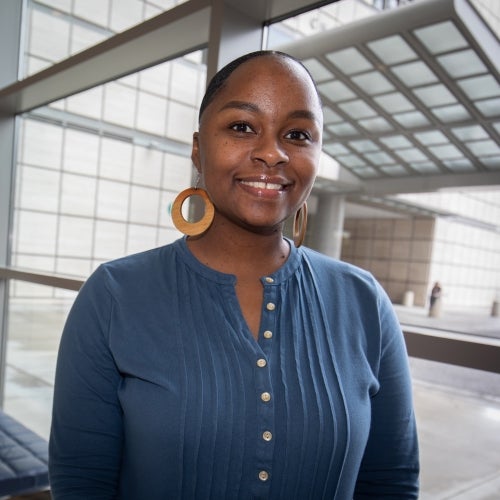
Assistant Director, MPH for Health Professionals Program
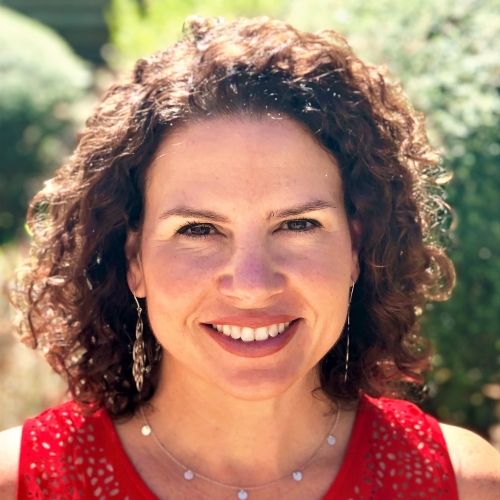
Dr. Joseph Davey is an infectious disease epidemiologist with over 20 years' experience leading research on HIV/STI services for women and children.
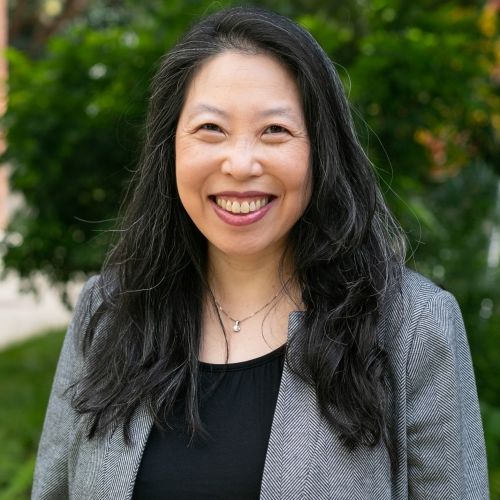
Assistant Dean for Research & Adjunct Associate Professor of Community Health Sciences
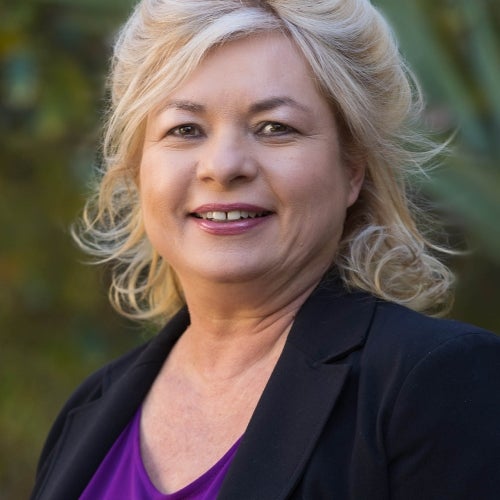
Assistant to the Chair & Academic Personnel Coordinator
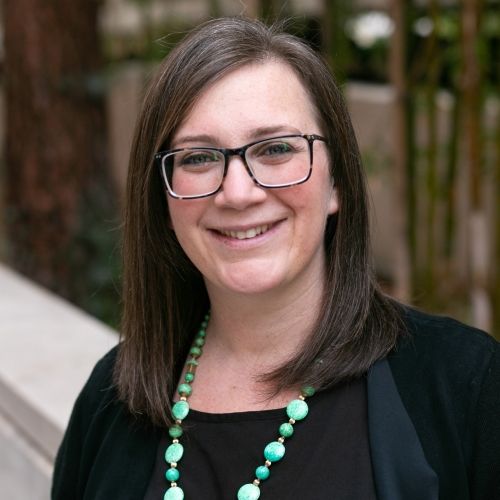
Director of Field Studies and Applied Professional Training

Professor of Community Health Sciences & Health Policy and Management, and Associate Dean for Research
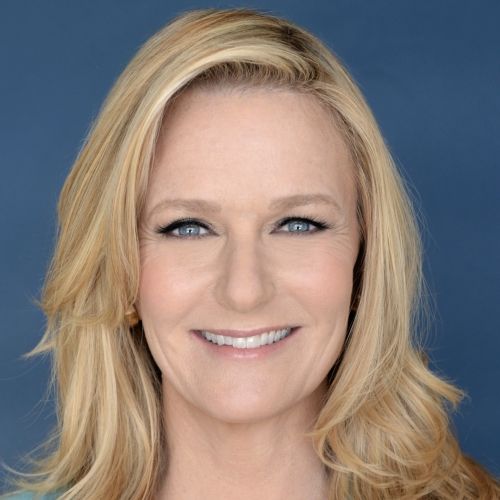
Dr. Anne Rimoin is a Professor of Epidemiology and holds the Gordon–Levin Endowed Chair in Infectious Diseases and Public Health.
Nationally recognized health services researcher and sociomedical scientist with 25+ years' experience in effectiveness and implementation research.

EMPH Academic Program Director with expertise in healthcare marketing, finance, and reproductive health policy, teaching in the EMPH, MPH, MHA program

Dr. Michelle S. Keller is a health services researcher whose research focuses on the use and prescribing of high-risk medications.

Dr. Anne Rimoin is a Professor of Epidemiology and holds the Gordon–Levin Endowed Chair in Infectious Diseases and Public Health.

Dr. Joseph Davey is an infectious disease epidemiologist with over 20 years' experience leading research on HIV/STI services for women and children.

Professor of Community Health Sciences & Health Policy and Management, and Associate Dean for Research

Robert J. Kim-Farley, MD, MPH, is a Professor-in-Residence with joint appointments in the Departments of Epidemiology and Community Health Sciences

Dr. Ron Andersen is the Wasserman Professor Emeritus in the UCLA Departments of Health Policy and Management.

Dr. Michelle S. Keller is a health services researcher whose research focuses on the use and prescribing of high-risk medications.

EMPH Academic Program Director with expertise in healthcare marketing, finance, and reproductive health policy, teaching in the EMPH, MPH, MHA program

Professor of Community Health Sciences & Health Policy and Management, and Associate Dean for Research

Assistant Dean for Research & Adjunct Associate Professor of Community Health Sciences

Assistant Director, MPH for Health Professionals Program

Robert J. Kim-Farley, MD, MPH, is a Professor-in-Residence with joint appointments in the Departments of Epidemiology and Community Health Sciences
Nationally recognized health services researcher and sociomedical scientist with 25+ years' experience in effectiveness and implementation research.

Dr. Ron Andersen is the Wasserman Professor Emeritus in the UCLA Departments of Health Policy and Management.

Director, Executive Programs in Health Policy and Management

Director of Field Studies and Applied Professional Training

Academic Personnel Coordinator/Assistant to the Chair
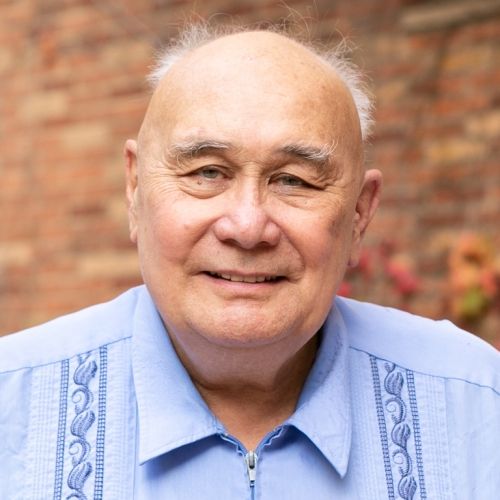
Industrial Hygiene & Analytical Chemistry
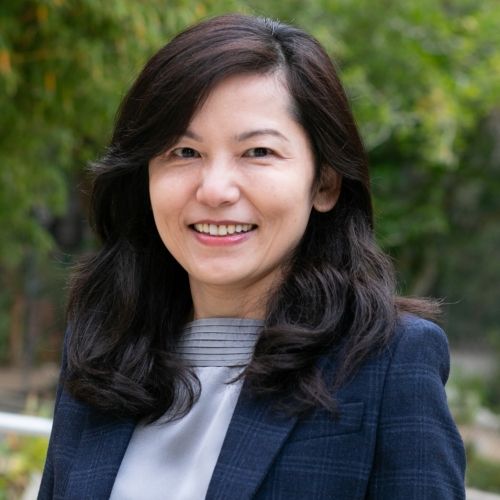
Associate Professor for Industrial Hygiene and Environmental Health Sciences
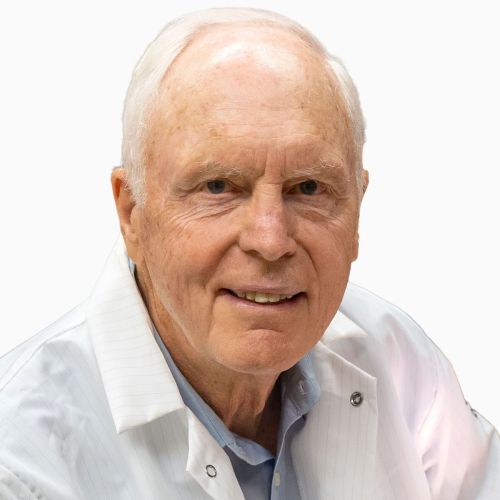
Dr. Hankinson is a Distinguished Professor of Pathology and Laboratory Medicine, and of EHS, and Chair of the Molecular Toxicology IDP
